Mary (Baby aged 24 months, UK) Introduction 29 - dog trainer - Manchester, UK
Pregnancy and Birth I am a single mother who had a wonderful birth experience and a great start with my son. He did suffer from severe colic due to reflux and CMPA, but apart from that, everything was perfect.
The Day Everything Changed The first signs were small bruises on my toddler’s legs, arms, and back. These appeared after he started attending nursery. At home, he is very active, always climbing and falling, but the bruises I noticed were specifically linked to times when he returned from nursery.
When I observed these marks, I immediately questioned the staff at the nursery and then escalated my concerns. I also took him to doctors to ensure nothing medical was being overlooked. Despite this, the focus quickly shifted to me as a parent rather than on the nursery setting where I first reported the issues.
There was no cardiac massage or emergency intervention because he was never in a medical crisis — just bruised. He received medical care through GP and hospital checks, including blood tests, which were traumatic for him but done to cooperate fully with professionals.
When the Diagnosis Was Made The suspicion of abuse began after I raised concerns about unexplained bruises on my child. I asked professionals to help me understand their origin. Instead of supporting me, the situation flipped, and I became the focus of suspicion.
My child was subjected to medical examinations, including full-body checks and blood tests, all of which found nothing unusual. I first realized I was being suspected when the questions directed at me felt accusatory, as if I were the problem rather than someone seeking help.
I felt the process was inappropriate because instead of acknowledging that toddlers fall, climb, and bruise easily (especially since both my child and I bruise slowly and visibly), the professionals treated every mark as evidence of abuse. Emotionally, it was devastating. I was terrified of losing my child, even though he was safe, loved, and cared for. It was heartbreaking to have to hold him down for blood tests on his birthday weekend, knowing it was unnecessary and traumatic for him.
My own view is that the bruises were from normal toddler behavior — constant falling, climbing, and bumping into things — combined with the fact that we both bruise easily. This reasonable explanation was ignored, and instead I was made to feel like a criminal for asking for help.
Inside the Legal System I wasn’t arrested but was questioned by police and had to go through a formal investigation. At first, I was forced to have constant supervision whenever I was with my son, which felt like being separated from him in my own home. Social services became involved and carried out assessments.
There were no criminal charges or foster placement, but the whole process left me under suspicion for something I hadn’t done. The case never went to court, but I had to live as if I was guilty, constantly watched and judged.
Living Under Suspicion Emotionally, it was hell. I felt like I was being constantly judged and treated as guilty when I had done nothing wrong. The stress of being watched every moment with my own child broke my trust in professionals and made me feel like a criminal in my own home.
It damaged my health, left me anxious, and made everyday life exhausting. My son’s birthday weekend was ruined because I had to pin him down for blood tests that were only happening due to the accusations. That memory will always stay with me.
Financially, it put pressure on me as well, because I had to adjust everything around the investigation and constant scrutiny.
Even now, I live on edge, more protective than ever, and have installed cameras all over my home just for peace of mind. The fear and anger are still there — but so is the determination to fight back and make sure no other parent goes through what I did.
For consistency across testimonies, this text may have been slightly edited or translated by artificial intelligence. If you notice any error or inconsistency, please don’t hesitate to contact us .
Adele, France My husband and I are merchants, and we’re thirty years old. We have three children: a daughter and twin boys. We live above our …
READ MORE Agathe, France It has been 8 years since I have been taking care of babies coming from nurseries or hospitals. I am a mother of three children aged 14, …
READ MORE Alexandre, France The delivery went without any issues. My baby was crying a lot, was he already suffering? We regularly consulted the pediatrician and …
READ MORE Alexia, France I gave birth at 30 weeks and two days. My baby was a large preterm, and I had to undergo a cesarean section with forceps.
We went for a …
READ MORE Amédée, France Separated for a year at the time of the events, I was the mother of two boys aged 20 and 18 (one in the army, the other in school). I had …
READ MORE Anaïs, France My pregnancy was marked by several complications: I had two cases of thrombophlebitis as well as a pulmonary embolism. Additionally, Issam …
READ MORE Anonyme, France We have been a couple for 11 years and married for 7 years. We are 35 years old and have three children aged 5, 3, and 1 year. We live in a …
READ MORE Anonyme, France I have worked in the field of early childhood for 10 years, 5 years in a facility and 5 years as a childcare provider. I never had any …
READ MORE Another Family, UK I experienced preterm labor at 26 weeks and received steroid injections. The baby was head down and engaged from 20 weeks and did not move …
READ MORE Audrey Edmunds, USA I was pregnant with my third child and had been caring for children for over two decades. Just more than an hour after the baby came into …
READ MORE Barbora, Canada Newcomers to Canada, we had been here only two years at the time of the false accusation. We were expecting twins and already had an older …
READ MORE Bénédicte, France Bénédicte, childcare provider since 2014. Married and mother of two children.
Difficulties observed at the end of pregnancy.
The child came …
READ MORE Camille, France Candie, France I am 46 years old and was a nanny from 2003 to 2018. I had a passion for caring for children with kindness, love, laughter, and sharing. …
READ MORE Catherine, France I was a childcare assistant for 40 years, 20 in a family daycare center and 20 as an independent provider, with no incidents whatsoever. I …
READ MORE Chloé, France My spouse and I were 29 and 27 years old at the time of the accident. We are co-managers of an equestrian tourism facility, and my husband …
READ MORE Courtney, USA At the time of accusation, I was a stay-at-home mom, and my husband is an HVAC tech. We had six children in total; our boy was one of the …
READ MORE Cyrille, France Parents in their thirties, father is a researcher and mother is a speech therapist.
The birth was long. The baby’s head circumference …
READ MORE Dwayne Lindsey, Australia Victoria, Australia
Evidence presented in my case by the mother and other witnesses states that I was a loving and present parent. However, …
READ MORE Elisabeth, France I was a childcare assistant right after finishing my studies.
The child had an episode while being fed the bottle. I called my neighbor to …
READ MORE Elise, USA Elyne, France I was 26 years old, and my partner, who was 30, and I had a little girl of 21 months when our baby boy was born during the summer holidays. …
READ MORE Emeline, France My husband is now 40 years old and I am 36 (36 and 32 at the time of events). He is an engineer specializing in water treatment, and I am …
READ MORE Fajr, USA I am 21, and my fiancé is 23. My fiancé was a stay-at-home dad while I worked full-time at Honda.
There were no issues during the birth. …
READ MORE Fany, France I am 39 years old, married with two children. I work in the social healthcare sector.
The child fell from a baby swing placed on the couch …
READ MORE Flora, France We are a family of four. I have two boys: the eldest is three and a half years old, and the youngest is ten months. I am a caregiver for …
READ MORE Ilona, France Parents’ age at the time of events: 24 and 25 years old. Mother with a disability (arthrogryposis), cashier, adopted from Cambodia by …
READ MORE Jennifer, France I have been a childcare assistant since July 2008. I hold a CAP in early childhood education, a BEP in health and social careers, as well …
READ MORE Josh, USA Josh Burns, 49, Airline Pilot. Now living in Texas. My entire story can be found at www.tornfamily.com.
My child experienced birth trauma …
READ MORE Julia, France I worked with children in various sectors, but after my separation and as a single mother of two children, I became a childcare provider. I …
READ MORE Julie, Australia We are both 44 years old, and our son has a twin sister and a three-year-old sister. We reside in Australia.
During pregnancy, my twin boy …
READ MORE Karen, France I became pregnant in quite a miraculous way, as I had been suffering from endometriosis for several years. Seven years earlier, I was …
READ MORE Karine, France Childcare provider for over 13 years, taking care of children, especially infants, is a passion. Although caring for them at any age is …
READ MORE Kat, UK I am a mother of three and previously worked as a pediatric nurse before facing accusations of shaken baby syndrome. My family had no …
READ MORE Kimberly, USA My name is Kimberly, and I was born and raised in Cincinnati, Ohio. I have three beautiful children: two on earth and one in heaven (Jr). …
READ MORE Laeti, France I have been a childcare provider since 2016 and I have two children.
It was just a routine check-up… The doctor noticed that the …
READ MORE Laetitia, France My husband and I have been together for 13 years. The desire to have children came quickly in our relationship. After finishing our …
READ MORE Laura, UK I had a caesarean birth at 36+6 weeks with twins. The only issue was her head circumference, but this was never thoroughly investigated. …
READ MORE Laurine, France Parents in their late 20s with two children: identical twin girls.
The twin pregnancy went smoothly despite the associated risks. Delivery …
READ MORE Leigh Crutch, USA Greetings! My name is Leigh Crutch, and I have worked as an Investigations Consultant specializing in real estate foreclosures since 2003. …
READ MORE Lily, France I have been a childcare provider for 5 years, having cared for twenty children in my large house. The house is equipped with a playroom, a …
READ MORE Lisambs, France Mom is a nurse, dad is an aide, in our thirties, owner of our house. First child, very much wanted.
I was hospitalized during pregnancy for …
READ MORE Lolo, France I am 28 years old and my partner is 38. We have been together for 12 years. I work as a technical assistant, and he is an electrician. We …
READ MORE Louise, UK I am a mother who worked as a sewing machinist. Until my children were 14 years old, I raised them all. Then, the state wrongfully took …
READ MORE Lyana, France Mr., 36 years old, works in industry. Mrs., 34 years old, is active in the social sector.
We have a first daughter who is four and a half …
READ MORE Maddie, USA I enjoy volunteering and taking psychology and behavioral health classes. I am also preparing to start work as a behavioral health …
READ MORE Maë, France R, M and E, a family living in the Hautes-Alpes. R is 36 years old and an electrician; M is also 36 and a teacher. E is their first child. …
READ MORE Maeva, France I had a perfect pregnancy despite bleeding during the first three months. The delivery, however, was premature at seven months of …
READ MORE Manon, France Certified babysitter and mother of two children, I have always led a happy and serene life filled with joy and unconditional love. Loving …
READ MORE Maria, France Nanny for 35 years, never any problem with a child. But when the baby showed signs of discomfort at my home, I was accused without any …
READ MORE Marie, France A father and mother, after welcoming their first child who is now 3 years old, are ready to welcome a second baby into their family. Both …
READ MORE Marissa, USA My son was 25 at the time. He worked as a roofer, and he has an older sister and a younger brother. We all reside in Des Moines, Iowa.
The …
READ MORE Mark, UK My name is Mark Lackenby. I am 45 years old and work on the railway. My family has a history in mining, as we are from the UK. I have five …
READ MORE Mary, UK 29 - dog trainer - Manchester, UK
I am a single mother who had a wonderful birth experience and a great start with my son. He did suffer …
READ MORE Melanie, Canada I am a thirty-year-old mother who recently discovered that I have HEDS, which was misdiagnosed as fibromyalgia for years. Currently, I am a …
READ MORE Melissa, USA Mom and Dad are now married for 26 years and have five children aged 20, 18, 14, and twin 10-year-olds. This incident occurred when the …
READ MORE Mia, Finland At the time of the accusations, I was 35 years old, and my partner was 38. We both are a year older now. I work in Human Resources, while …
READ MORE Michelle, USA At the time of the allegation, I was thirty-four and my husband was forty. I held a Master of Public Administration and was a stay-at-home …
READ MORE Mlmd, France I had been a childcare assistant for one and a half years at the time of the events. I am also a mother to two daughters aged 7 and 11. …
READ MORE Nancy, Canada We are a couple of loving parents, both 34 years old—one is a teacher, and the other a PhD student. Each of us has three siblings. We have …
READ MORE Nathalie, France I was 35 years old and my husband was 45 at the time of these events. I am a restorer, and my spouse works as a salesperson in …
READ MORE Nini, France Trustworthy guardian who took in her niece after she was placed by Child Protective Services (CPS) because the parents were abusive. Stable …
READ MORE Nini, France Nursery assistant, nursing aide, childcare provider, and home support worker.
I don’t know how the delivery went. The child was cared …
READ MORE Orionea, France I quit my job as an administrative/financial assistant to become a childcare provider in order to take care of my stepchildren and my first …
READ MORE Paris20, France We were parents of a one-year-old boy and lived in the 20th arrondissement of Paris. He was cared for at a daycare center.
The birth took …
READ MORE Paula, USA I am the paternal grandmother, and I am filling out this form on behalf of my family. My daughter-in-law was 32 years old and worked as a …
READ MORE Perle, France Childcare Assistant for 11 years
The child had to be placed in intensive care at birth. His head circumference was high from the start, …
READ MORE Peter, Sweden by Peter Aspelin, Emeritus Professor of Radiology, Karolinska Institutet, Stockholm, Sweden. 14 January 2019.
Many claim that our time is …
READ MORE Reginald, USA I am Reggie Ware; my wife, Melonie, was the accused. This occurred in 2004 when she ran an in-home daycare. I work as a musician and real …
READ MORE Roxanne, USA Stay-at-home mom.
I don’t remember much about this period.
The children were frequently seen by medical professionals who came to our home. …
READ MORE Sally, Canada I am 26 years old, a support worker. My partner is also 26 and works in construction.
Our baby was born three weeks early.
Every time I …
READ MORE Sarah, USA My name is Sarah Goble, and I am a 37-year-old account supervisor for a design agency based in Chicago.
My husband is Brian Boxx, a …
READ MORE Sarah, France I am married and have a child.
The child had strange breathing after vomiting. I informed the mother who arrived quickly. She told me that …
READ MORE Skye, UK My labor lasted two days, and it was a natural birth. She was significantly larger than my other children. We went home, and she seemed …
READ MORE Sophie, France I was a childcare assistant from 2011 to 2017. I live with my husband and child.
That day, the mother came to me and told me that her …
READ MORE Stephanie, USA I am married with two children and have been licensed to operate a home daycare for over fifteen years.
N/A
It was her first and only day …
READ MORE Sylvie, France My son, the father of twins, works in public works. He is a dad to twins born in March 2021 and lives in a house he renovated to …
READ MORE Valeria, France Our family was torn apart by these accusations. We had been married for eight years when Victoria Siara was born. As her mother, I am …
READ MORE Vanessa, France New mother, my son was the same age as the little one I was taking care of. The parents were in their thirties, like me. The mother had …
READ MORE Vanessa, France I obtained my Early Childhood Care and Education certificate in 2012. I then worked in a daycare center, recreational center, as a nanny at …
READ MORE Virginie, France We are both 40 years old (I was 39 at the time of the events). I am a primary school teacher and Lionel works as a sorting inspector. We …
READ MORE < Previous
Back
Next > 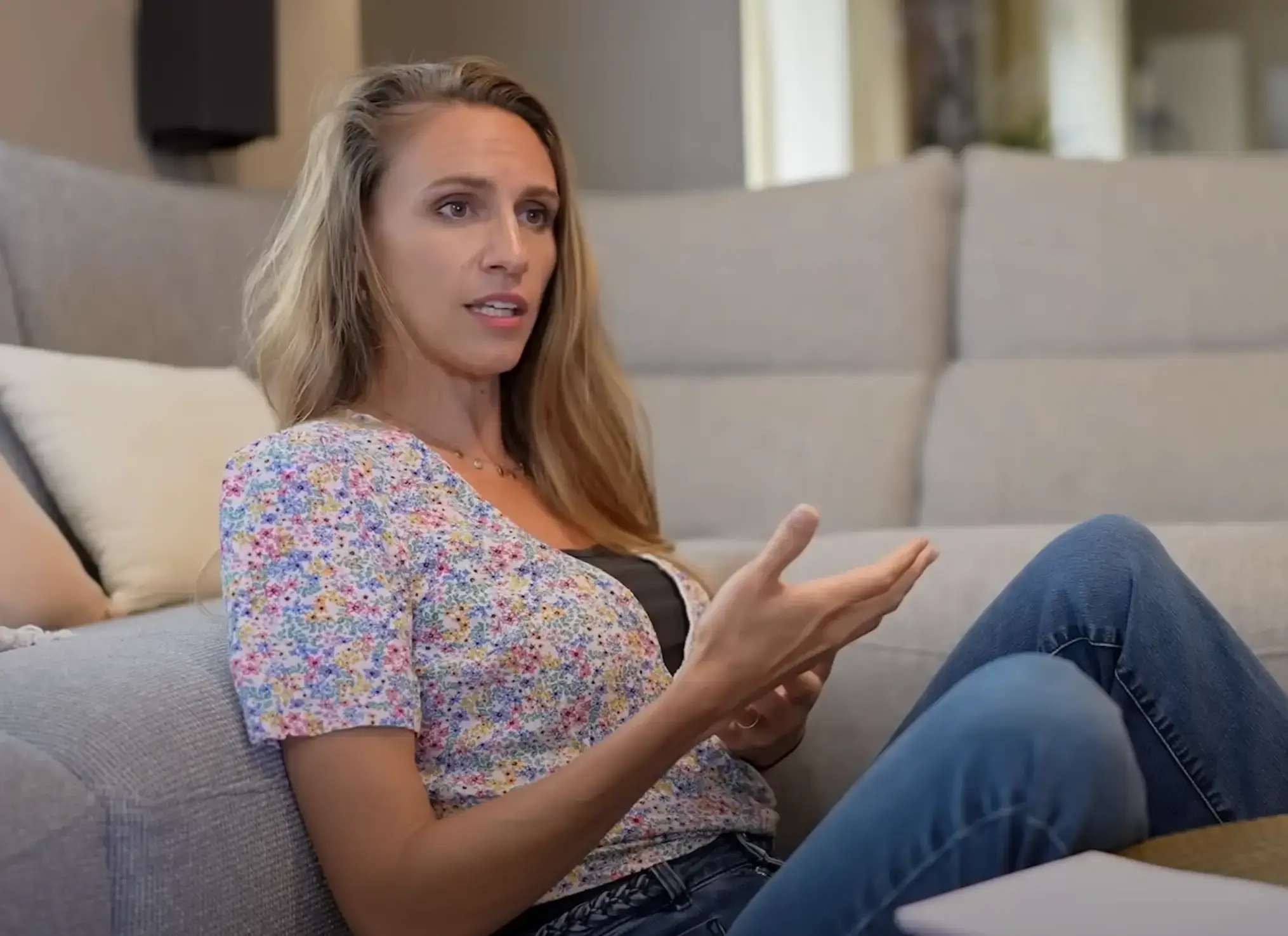 Adele, France
Adele, France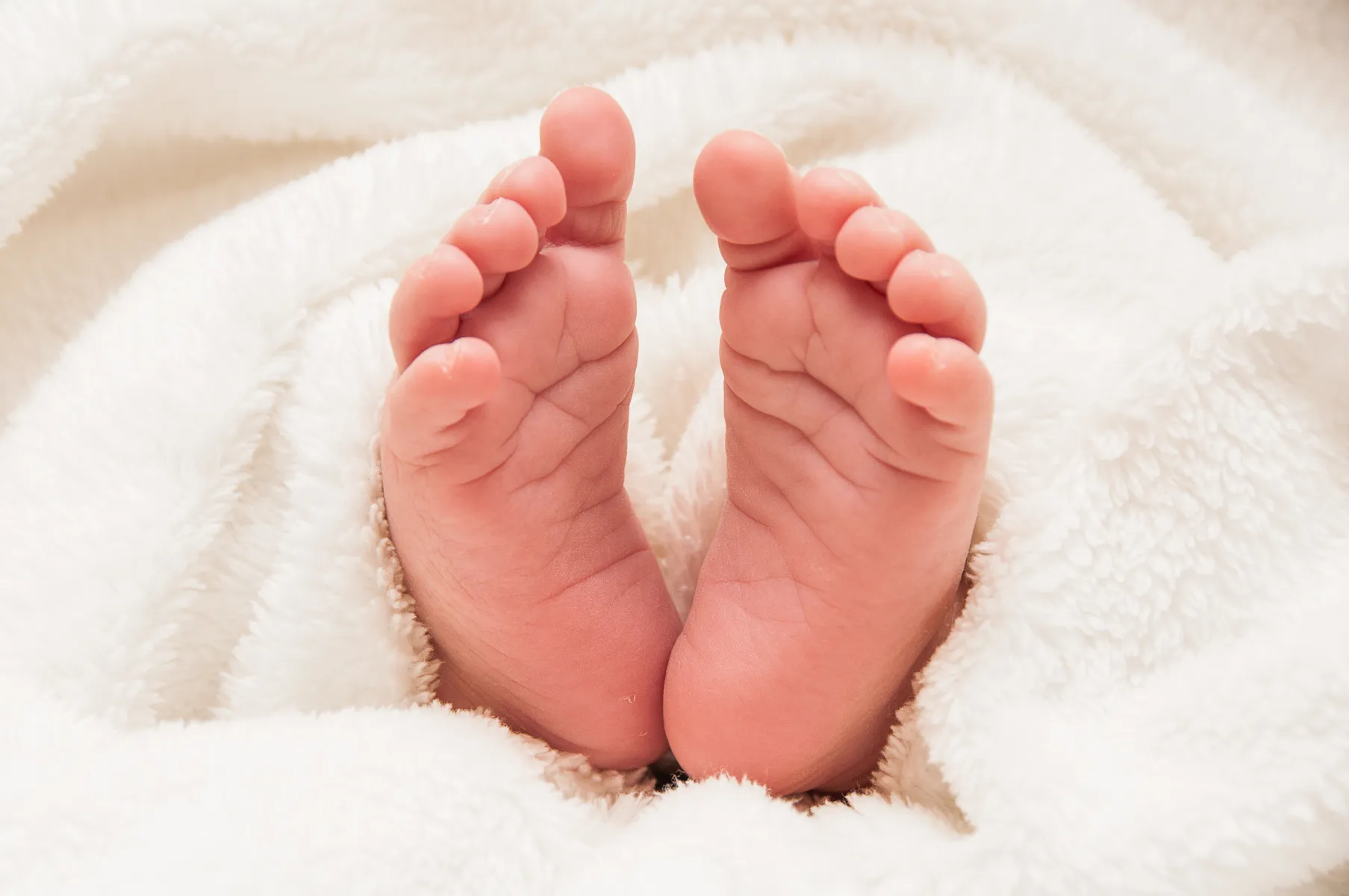
 Adele, France
Adele, France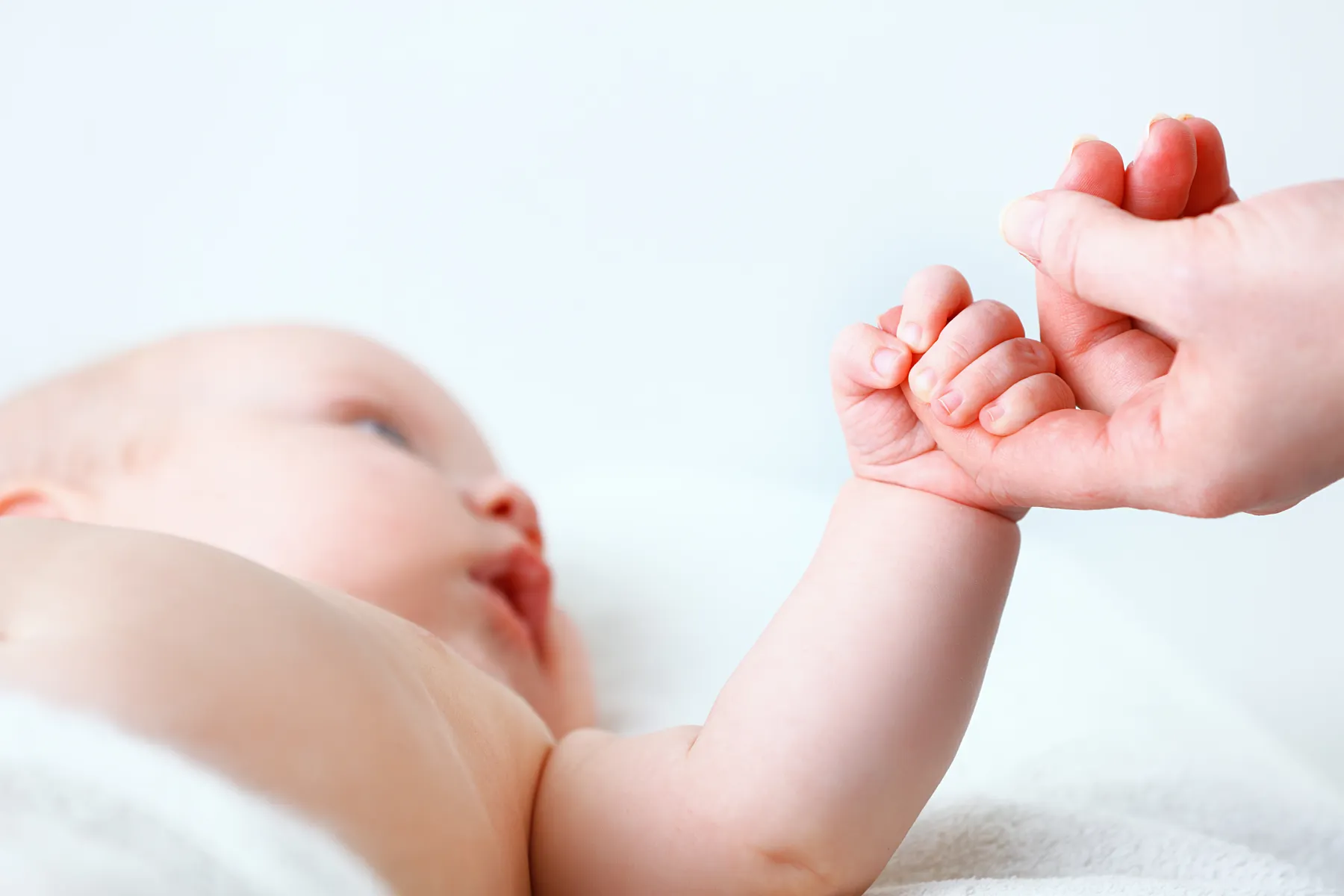 Agathe, France
Agathe, France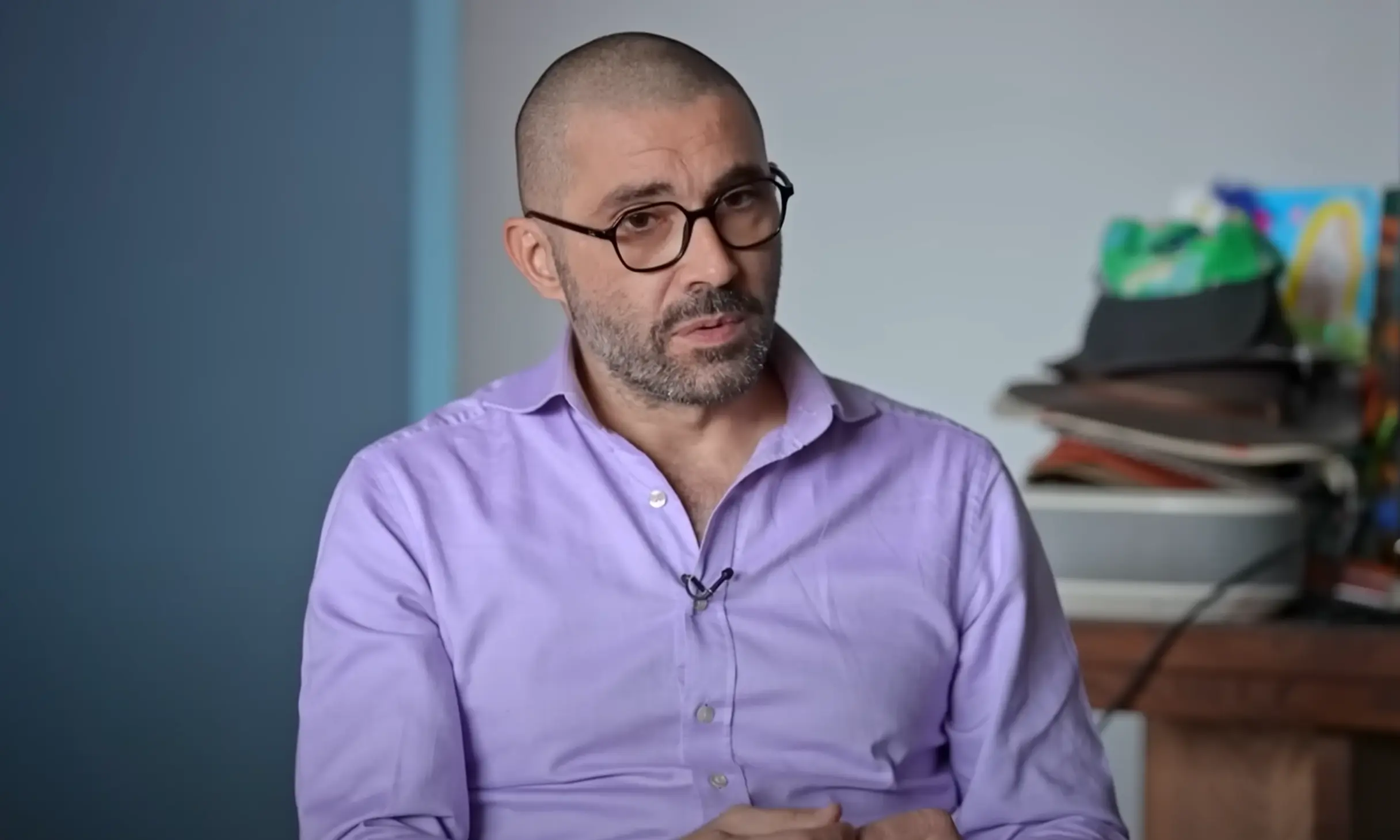 Alexandre, France
Alexandre, France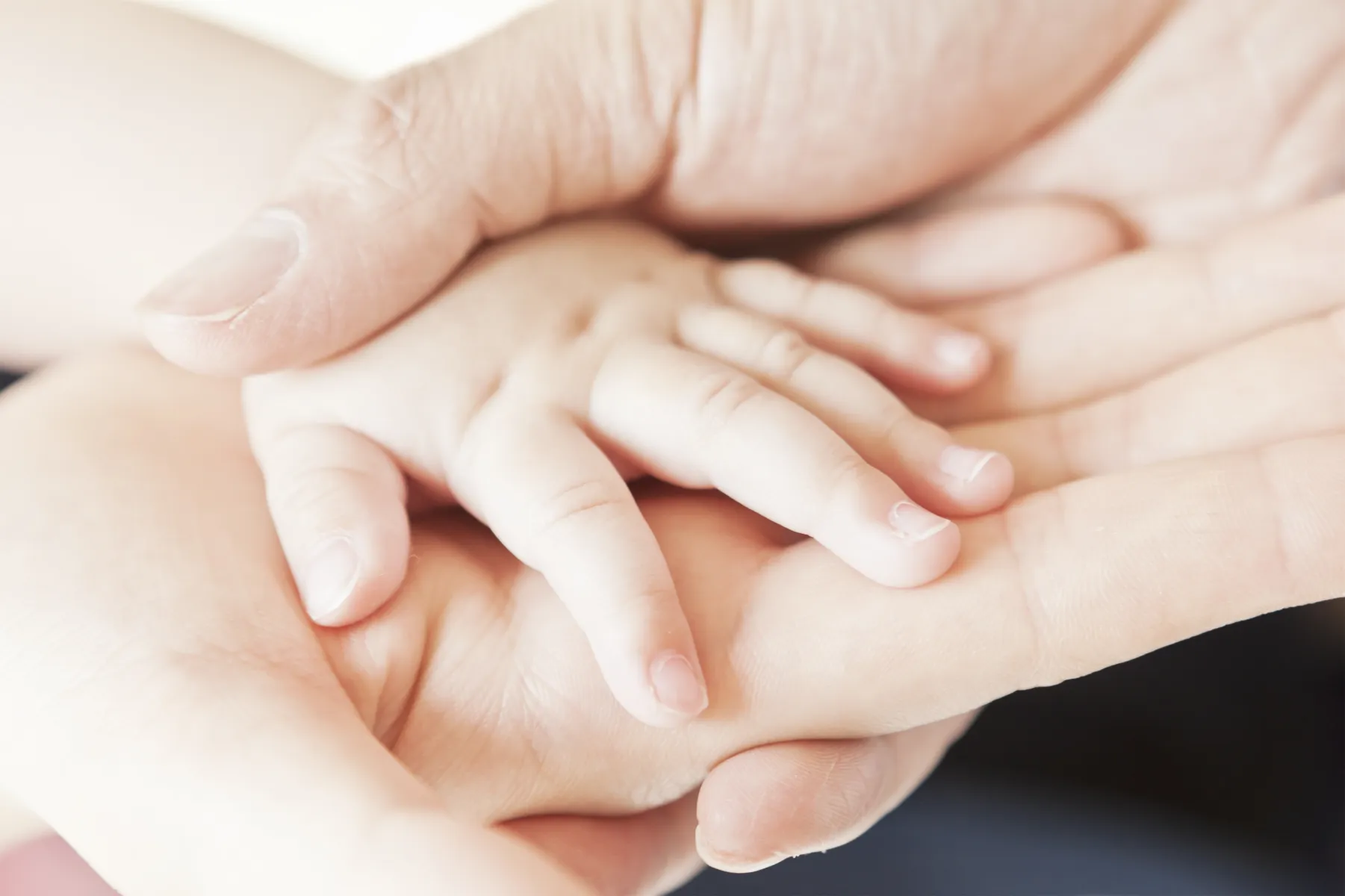 Alexia, France
Alexia, France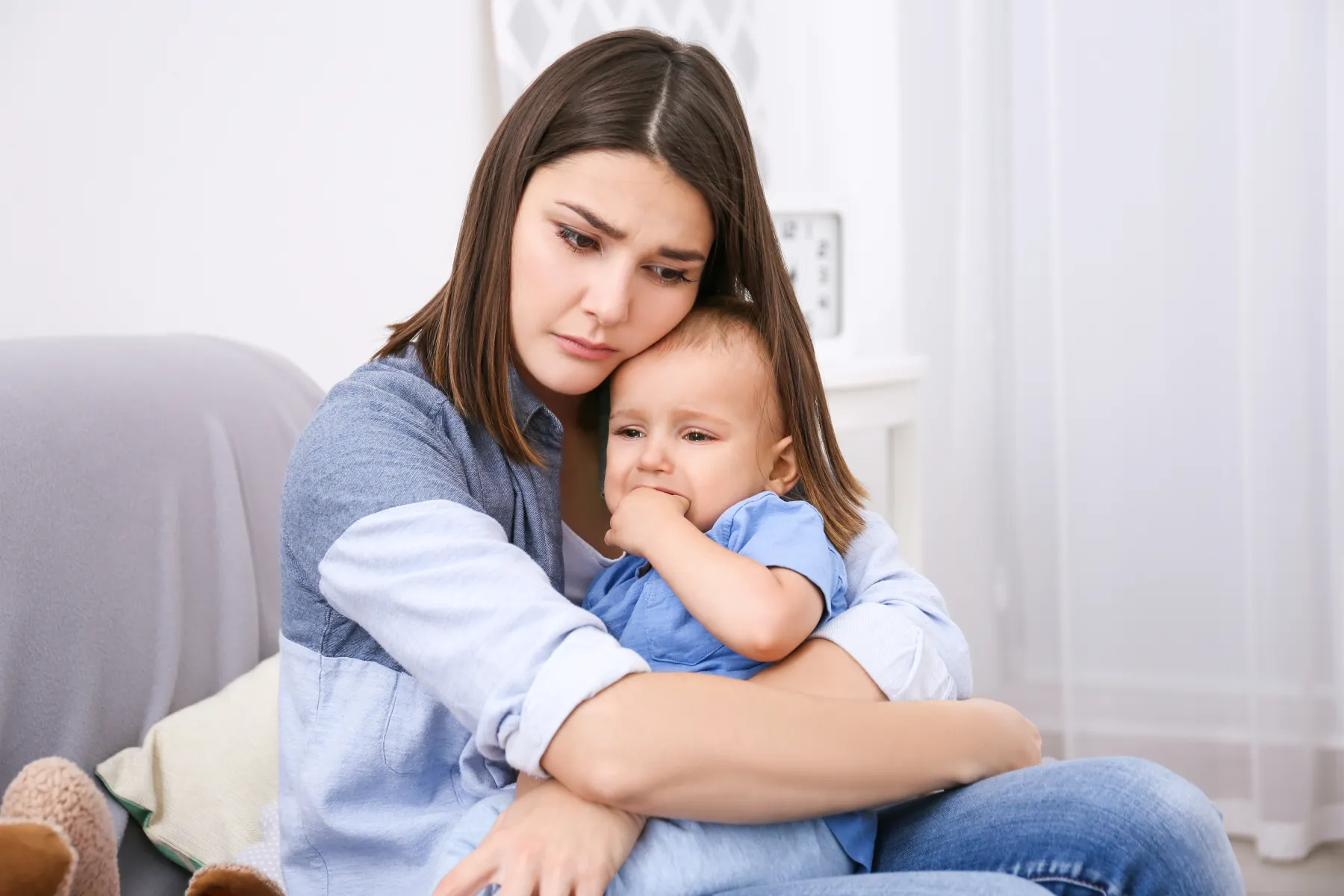 Amédée, France
Amédée, France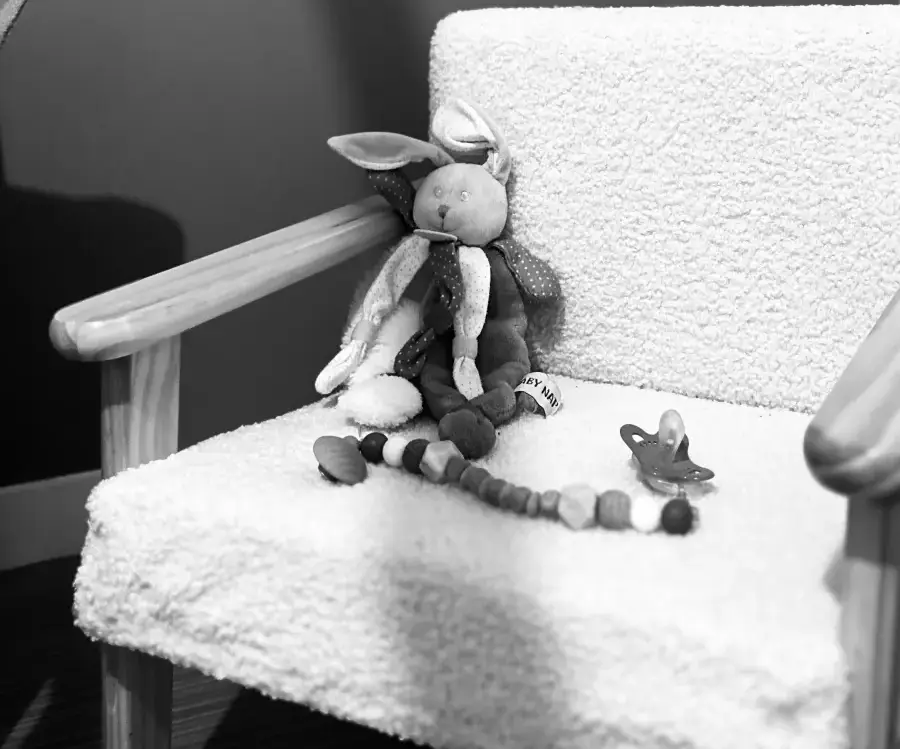 Anaïs, France
Anaïs, France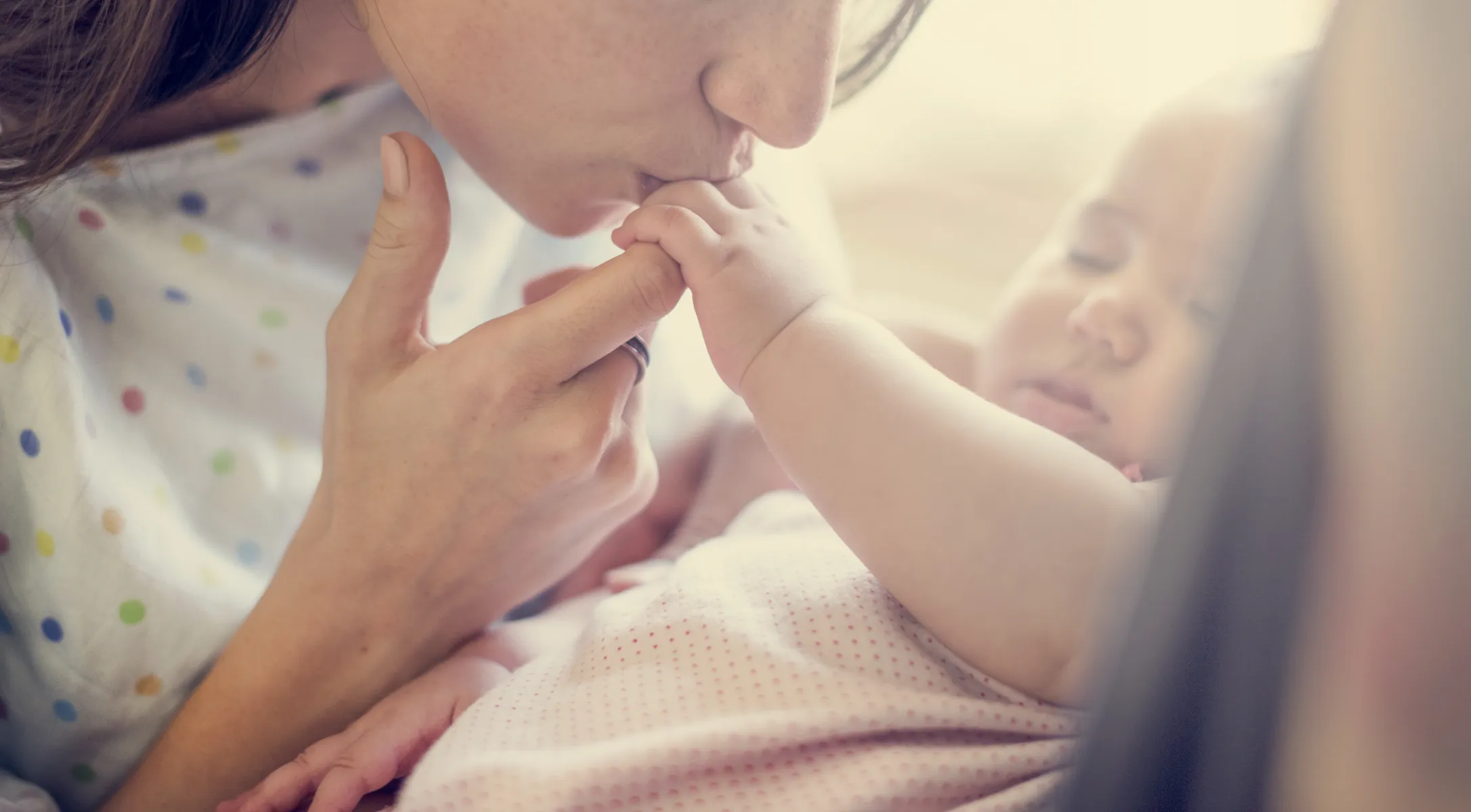 Anonyme, France
Anonyme, France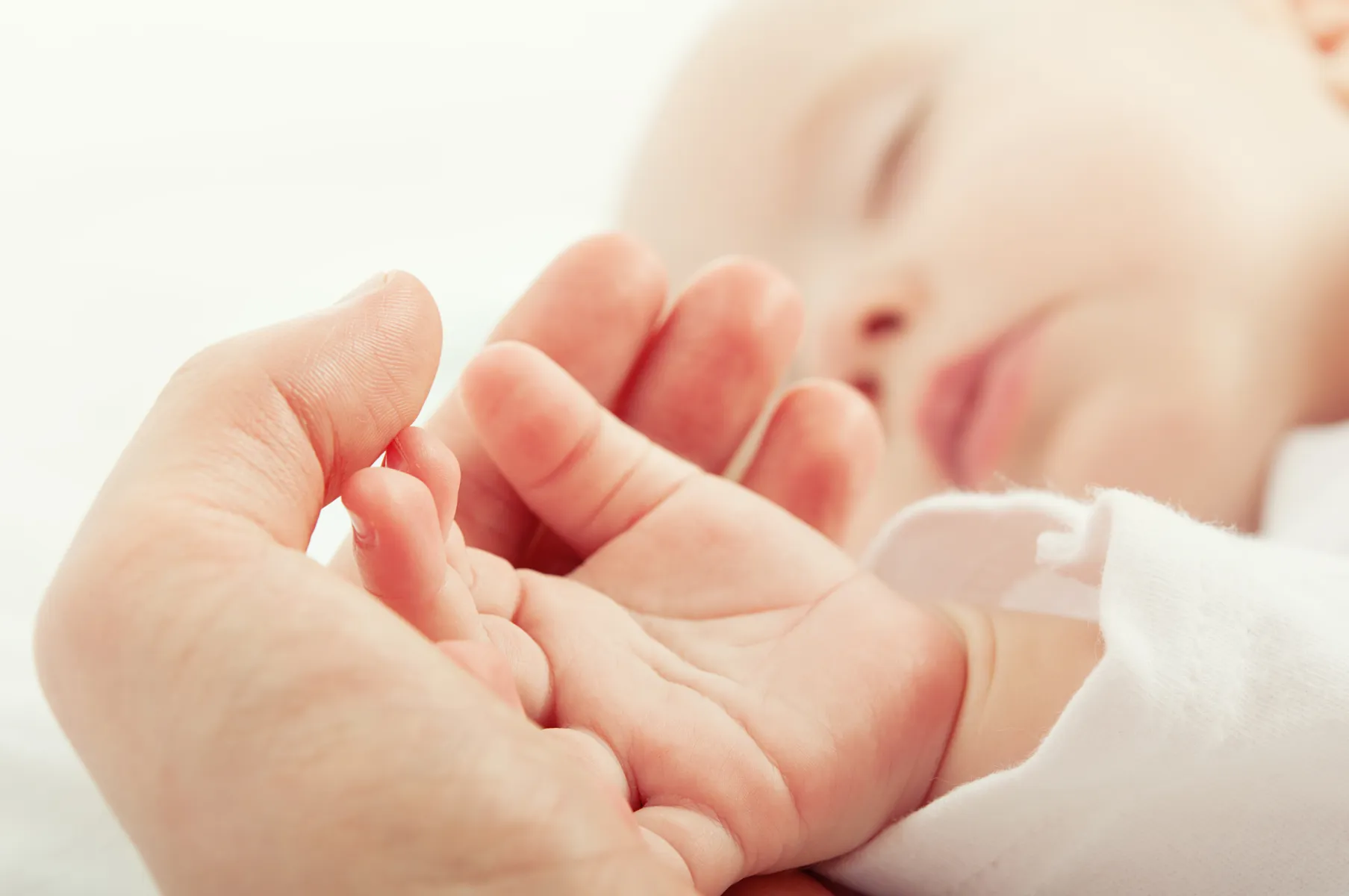 Anonyme, France
Anonyme, France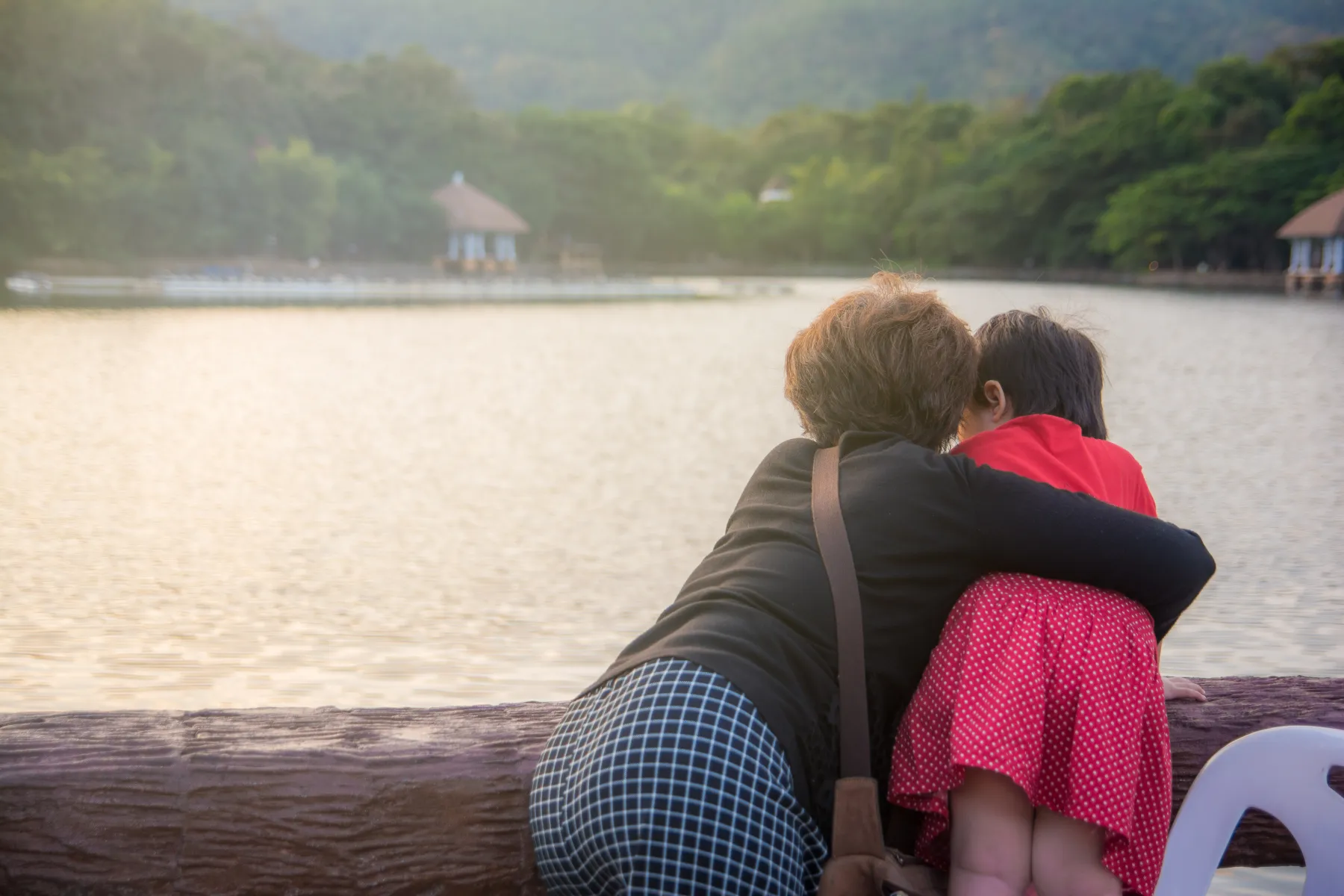 Another Family, UK
Another Family, UK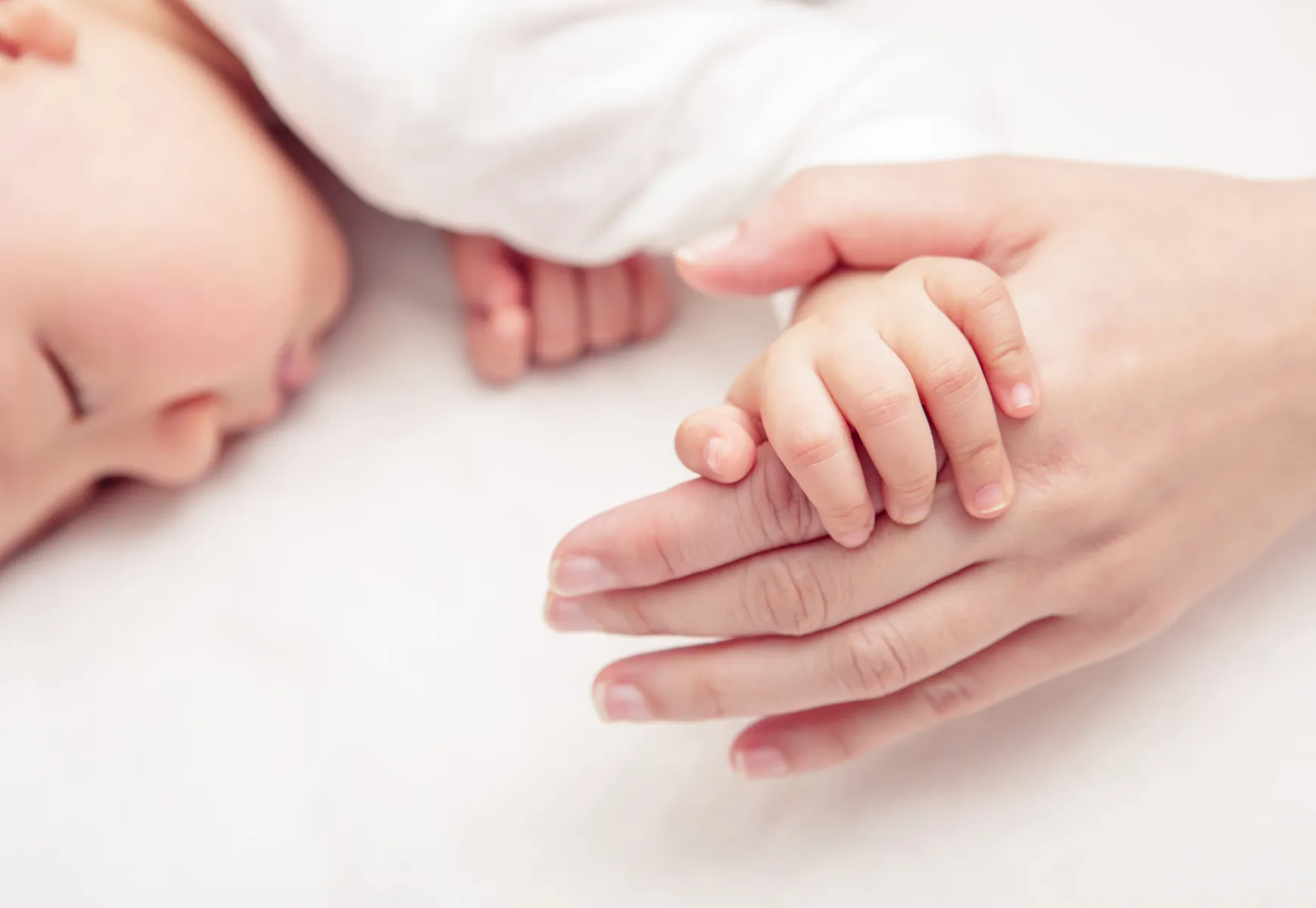 Audrey Edmunds, USA
Audrey Edmunds, USA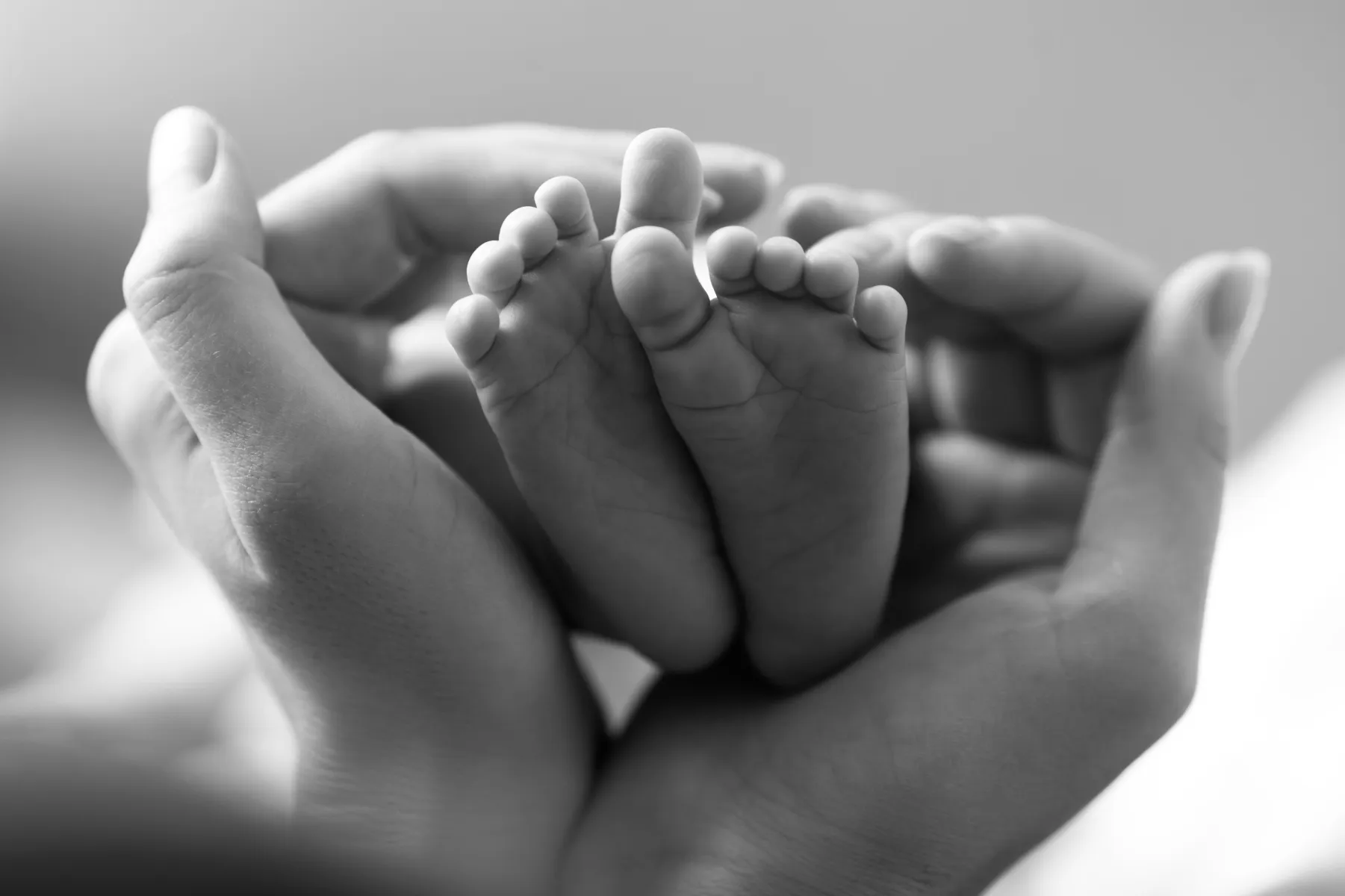 Barbora, Canada
Barbora, Canada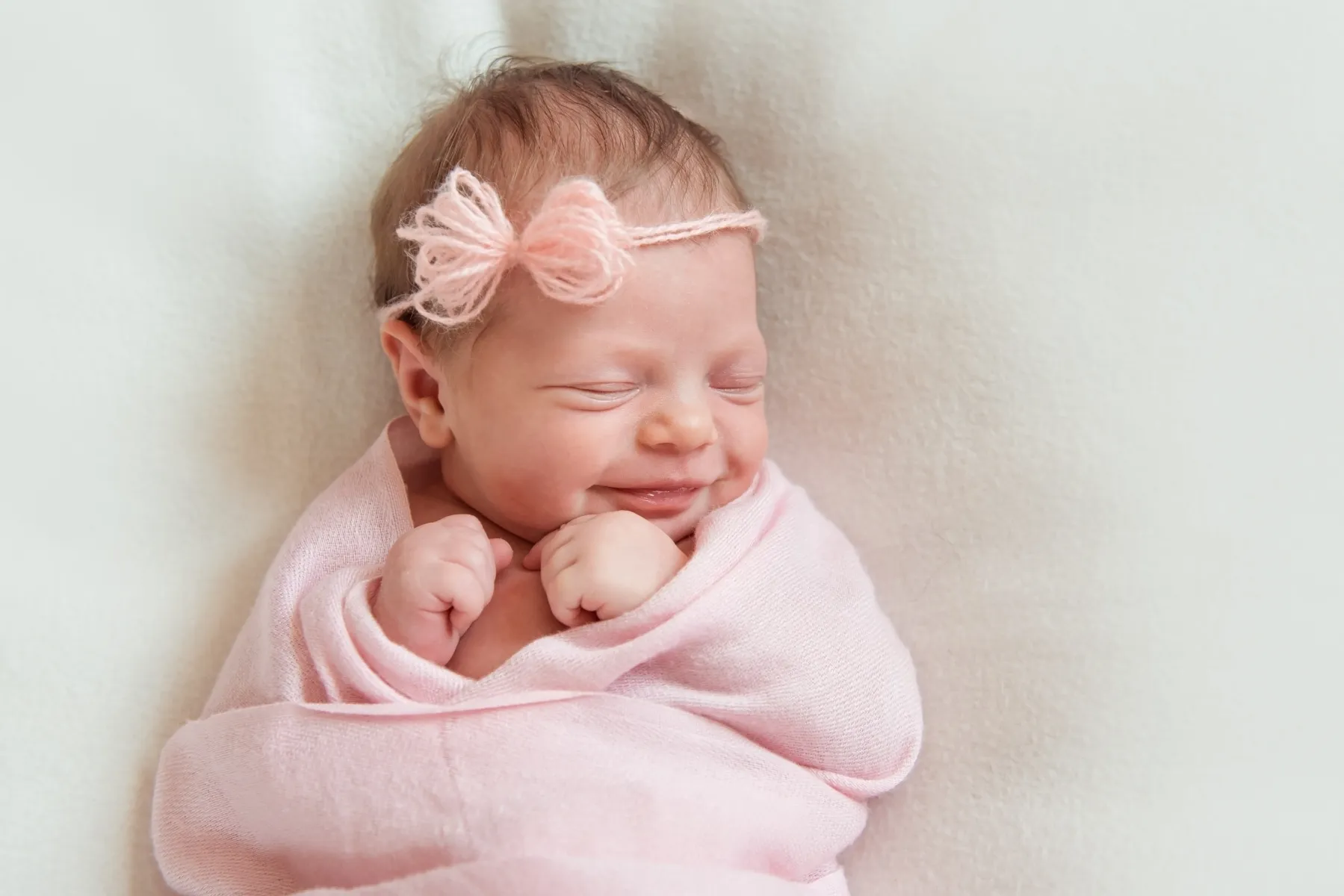 Bénédicte, France
Bénédicte, France Camille, France
Camille, France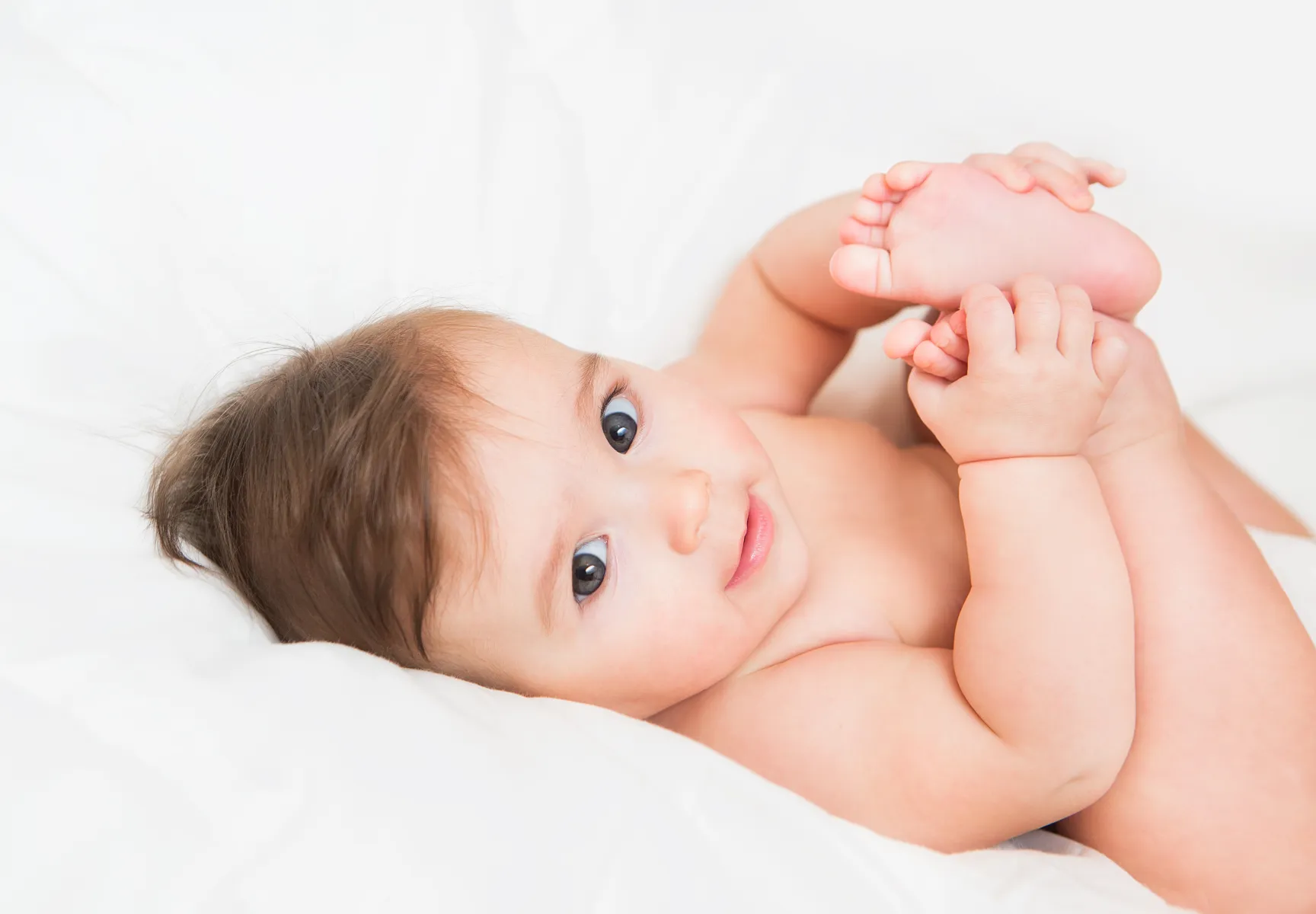 Candie, France
Candie, France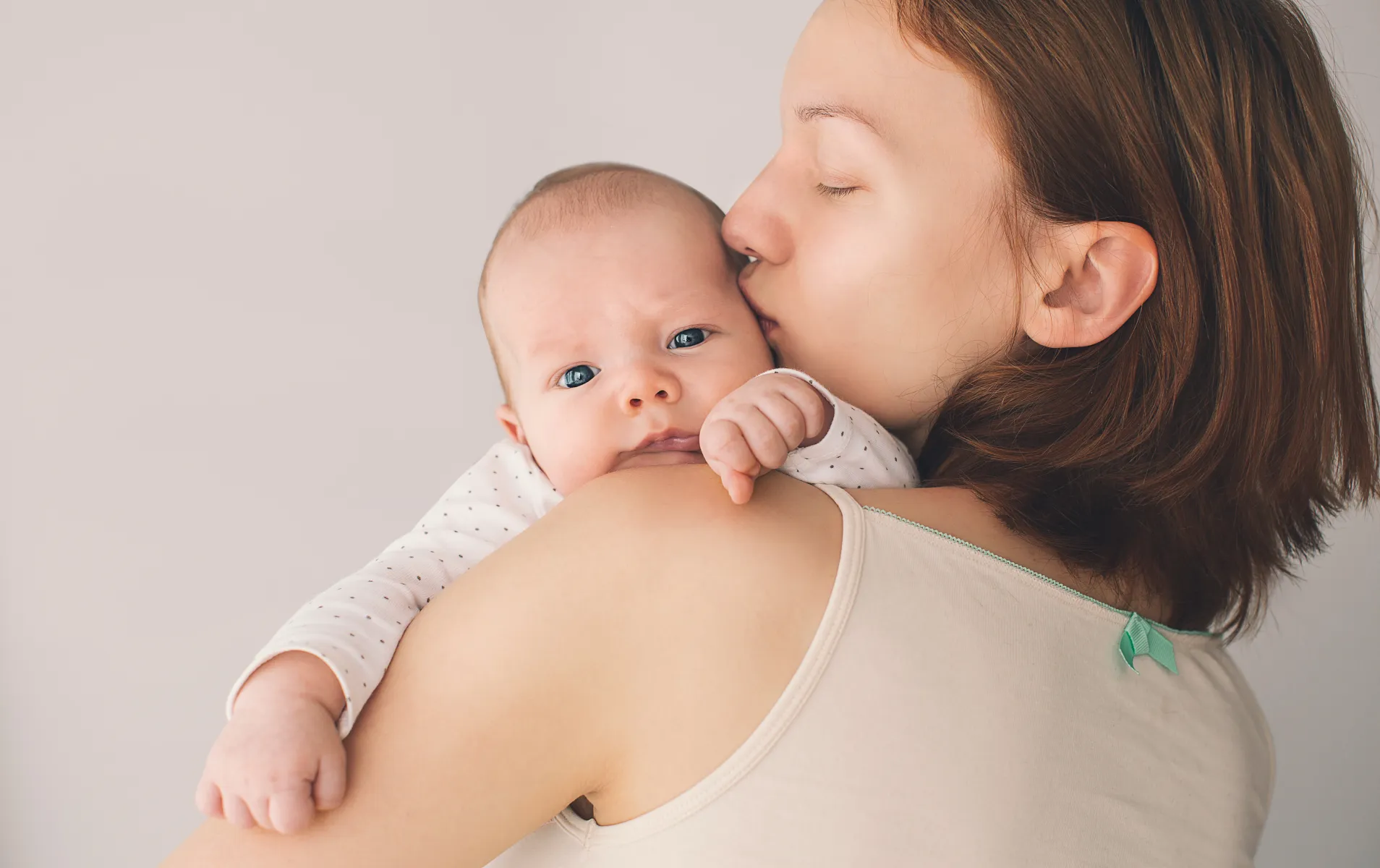 Catherine, France
Catherine, France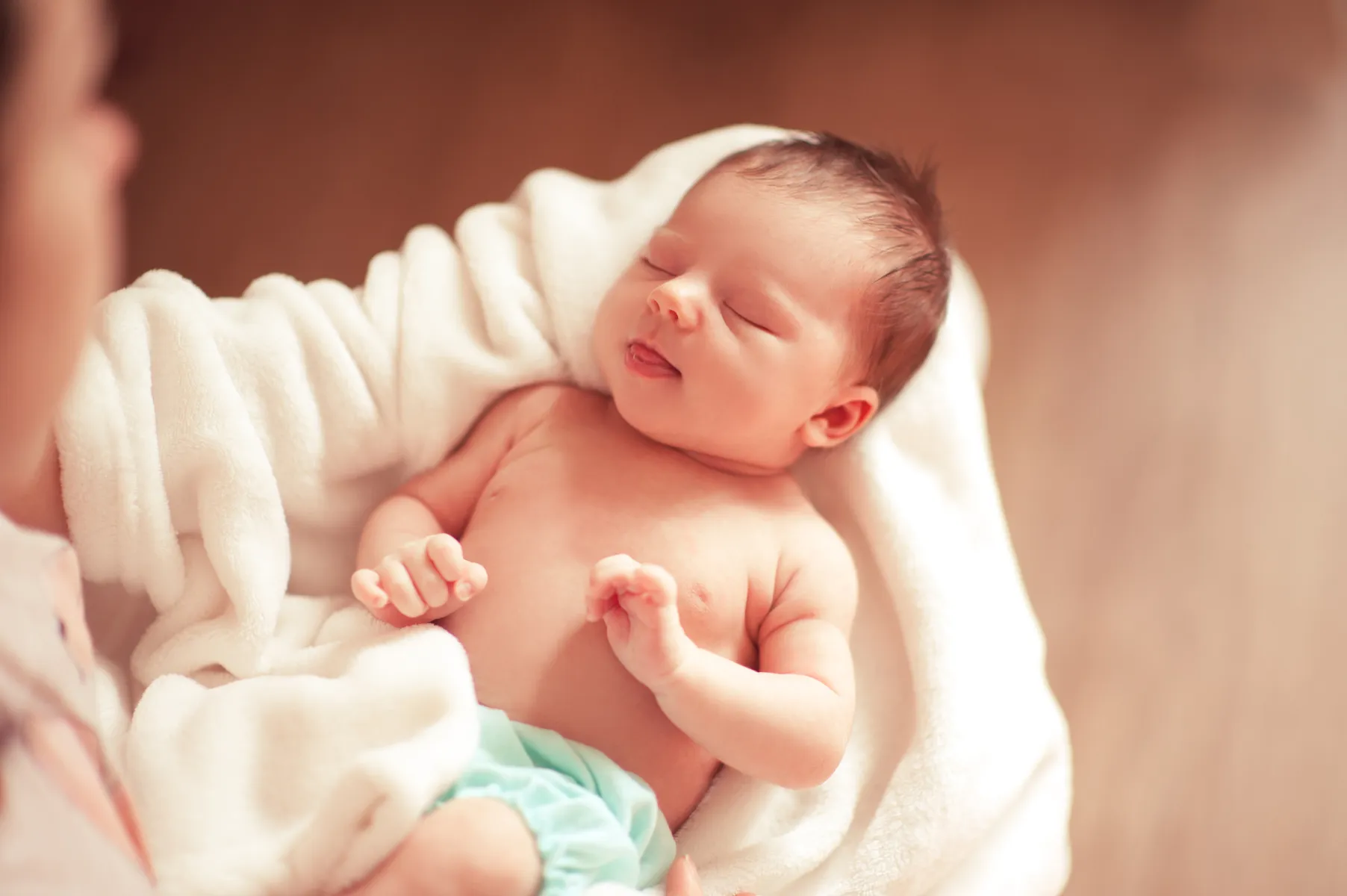 Chloé, France
Chloé, France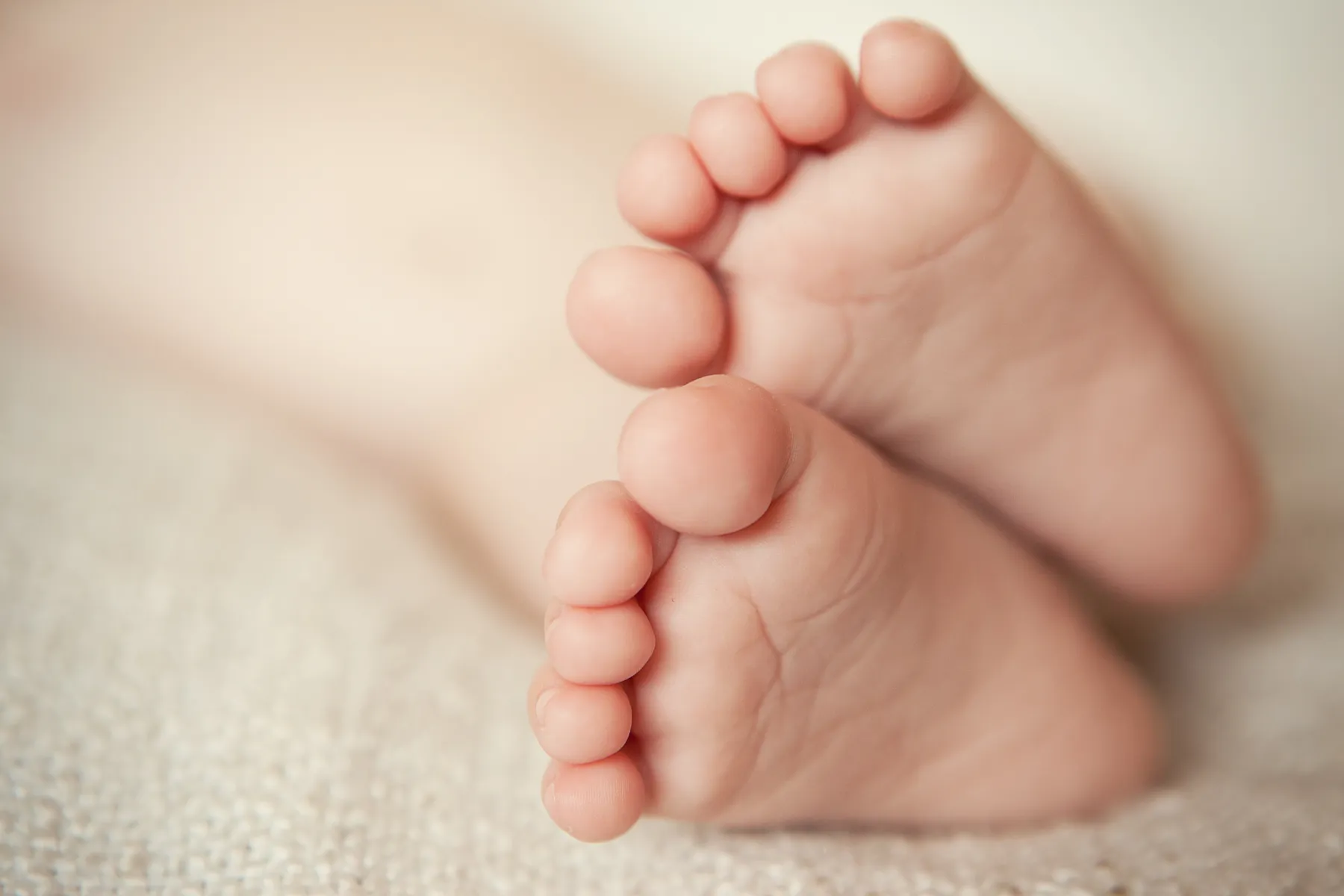 Courtney, USA
Courtney, USA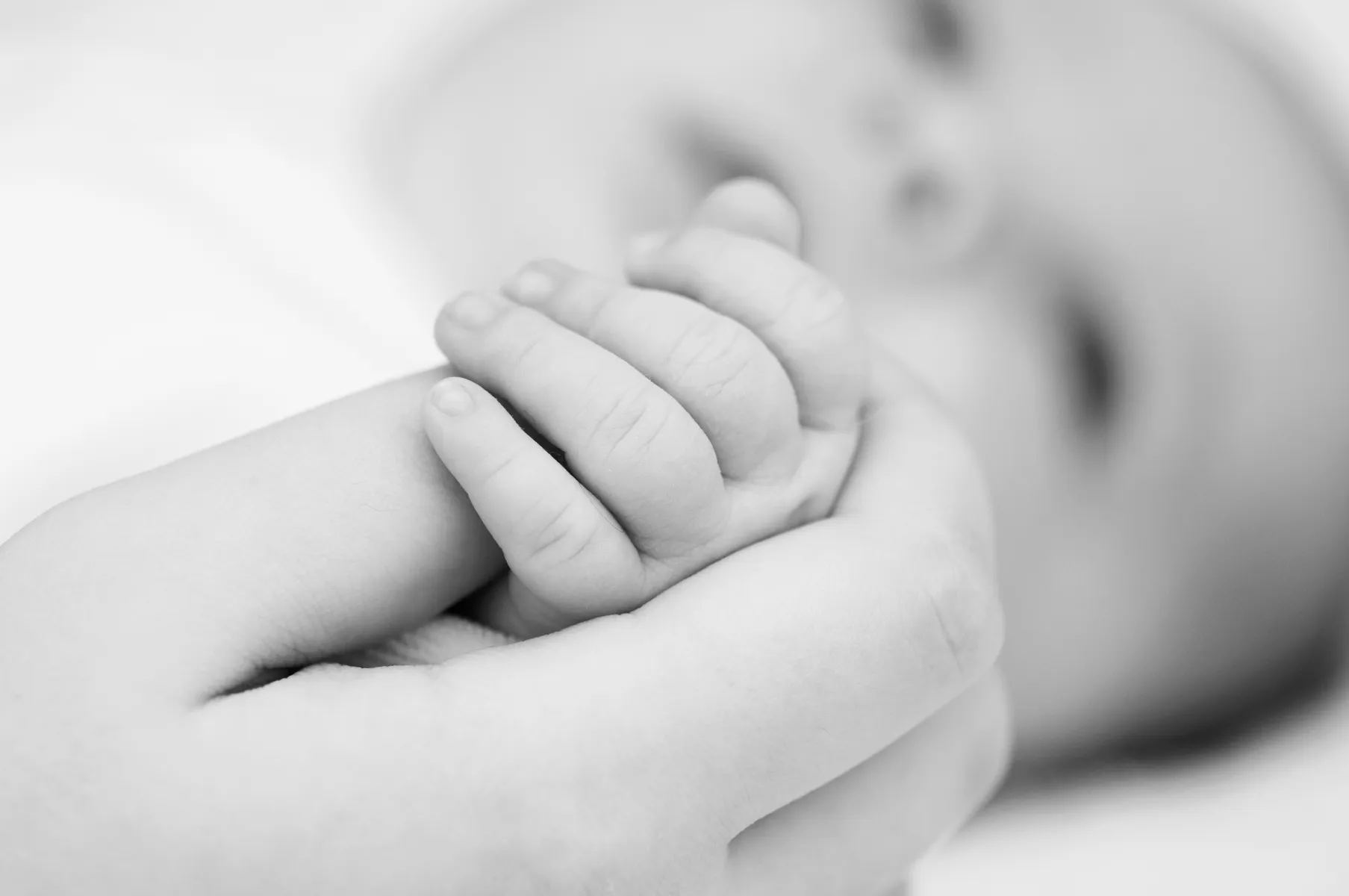 Cyrille, France
Cyrille, France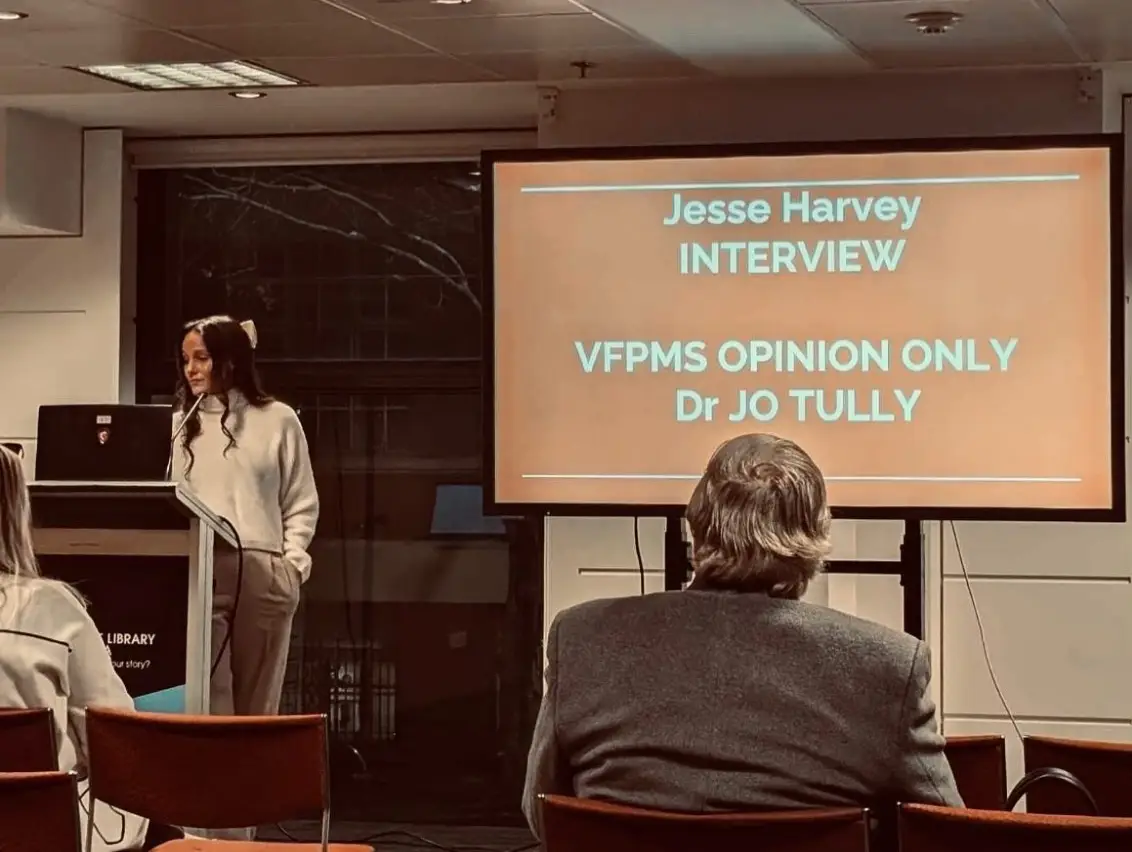 Dwayne Lindsey, Australia
Dwayne Lindsey, Australia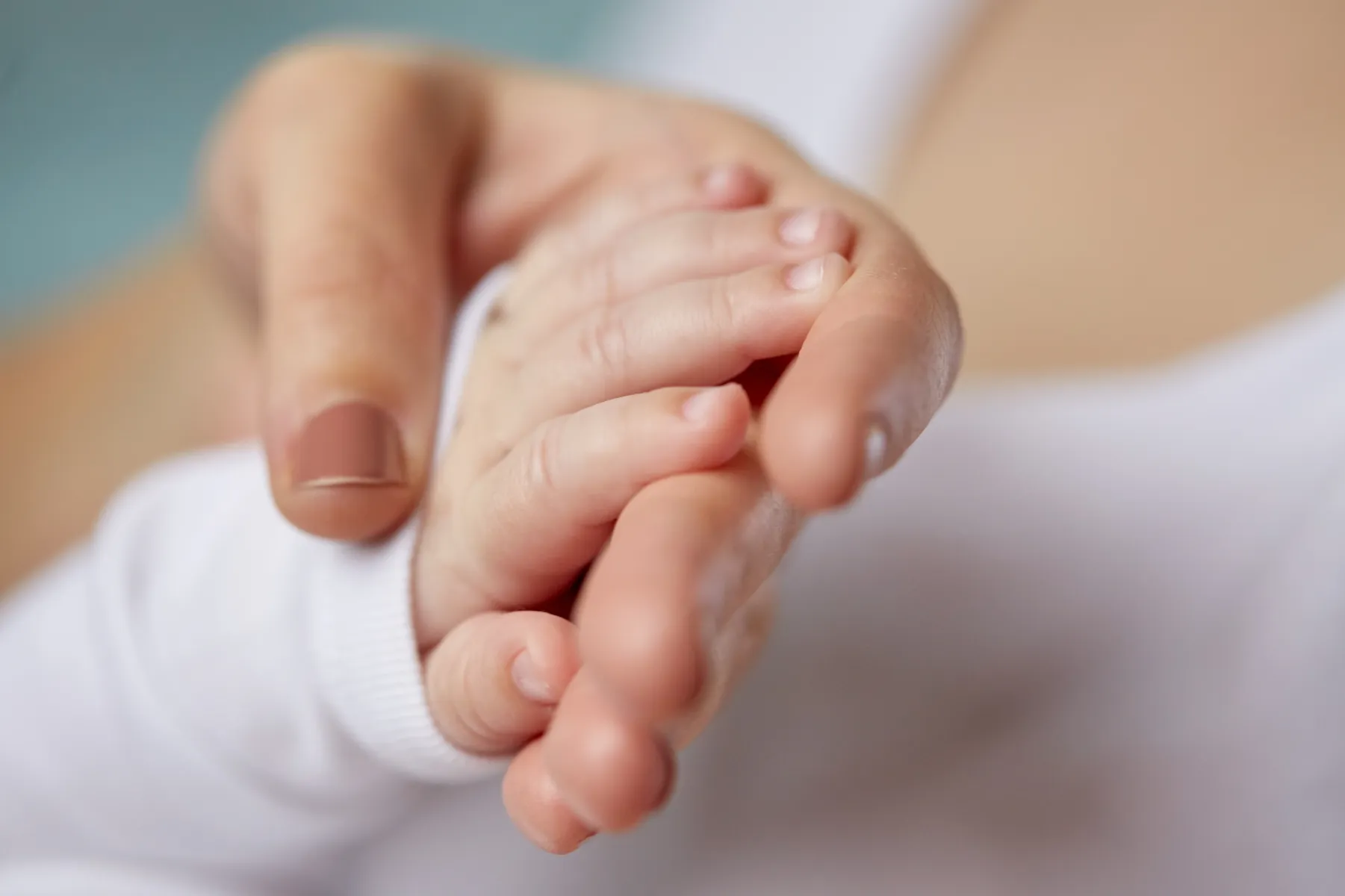 Elisabeth, France
Elisabeth, France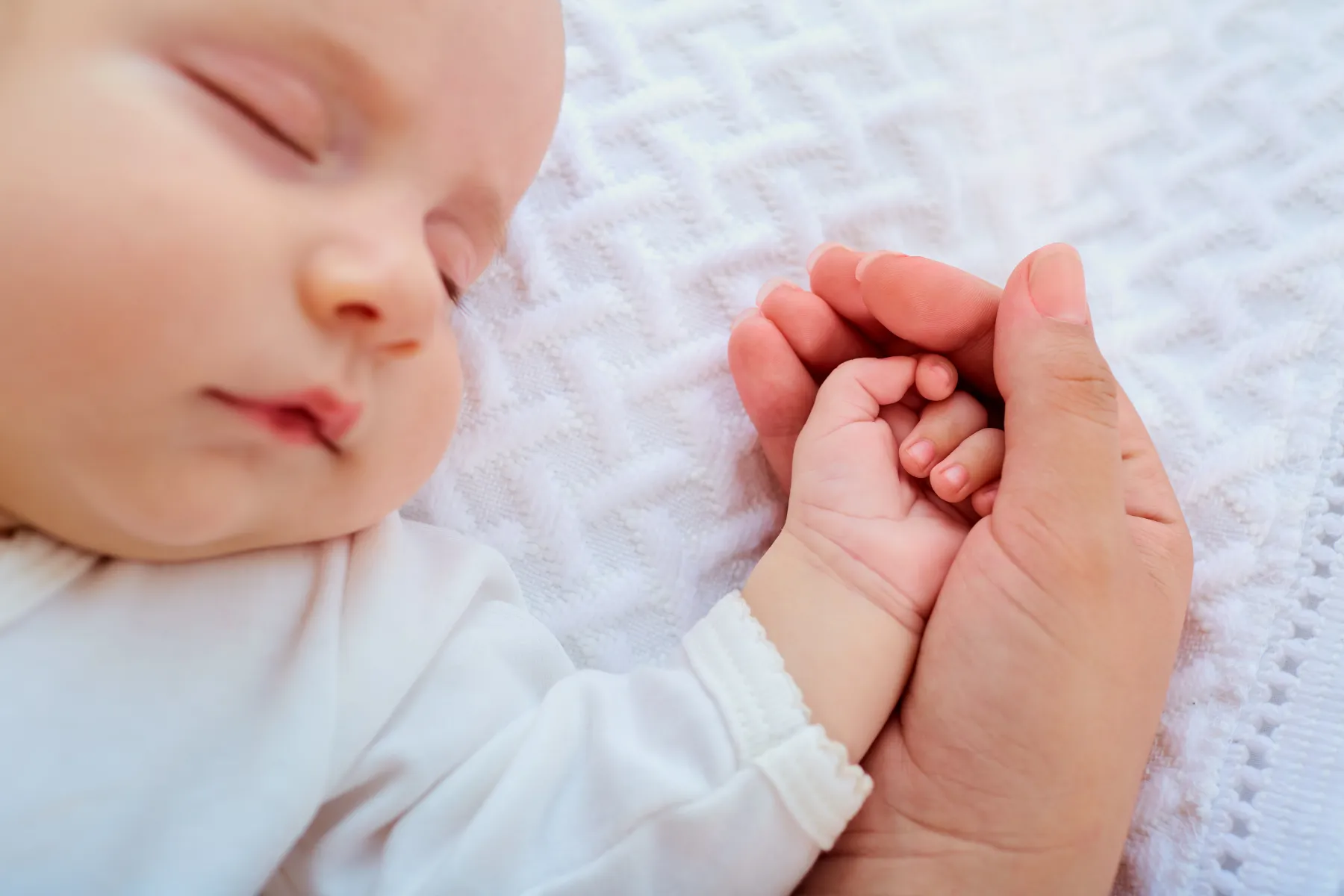 Elise, USA
Elise, USA Elyne, France
Elyne, France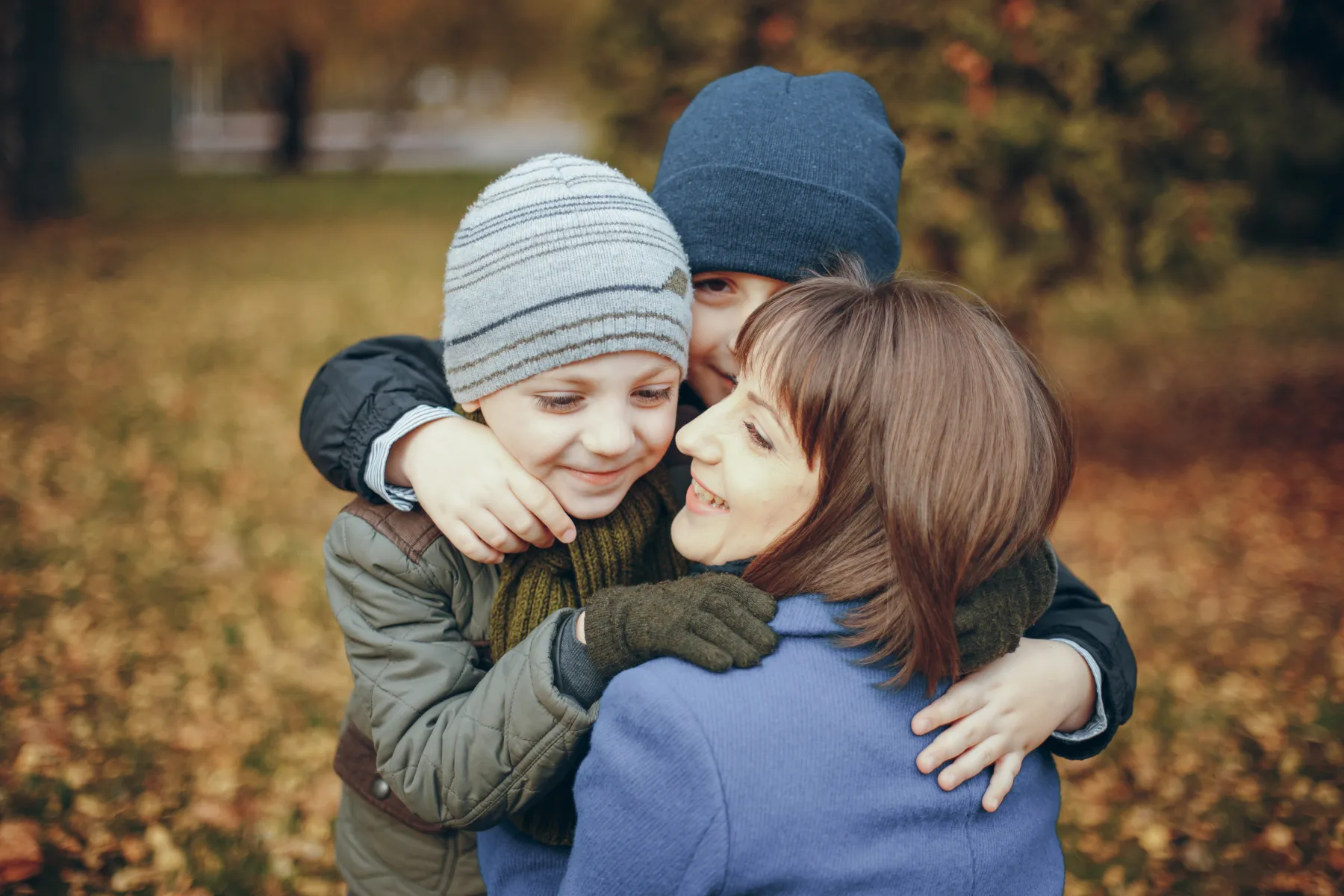 Emeline, France
Emeline, France Fajr, USA
Fajr, USA Fany, France
Fany, France Flora, France
Flora, France Ilona, France
Ilona, France Jennifer, France
Jennifer, France Josh, USA
Josh, USA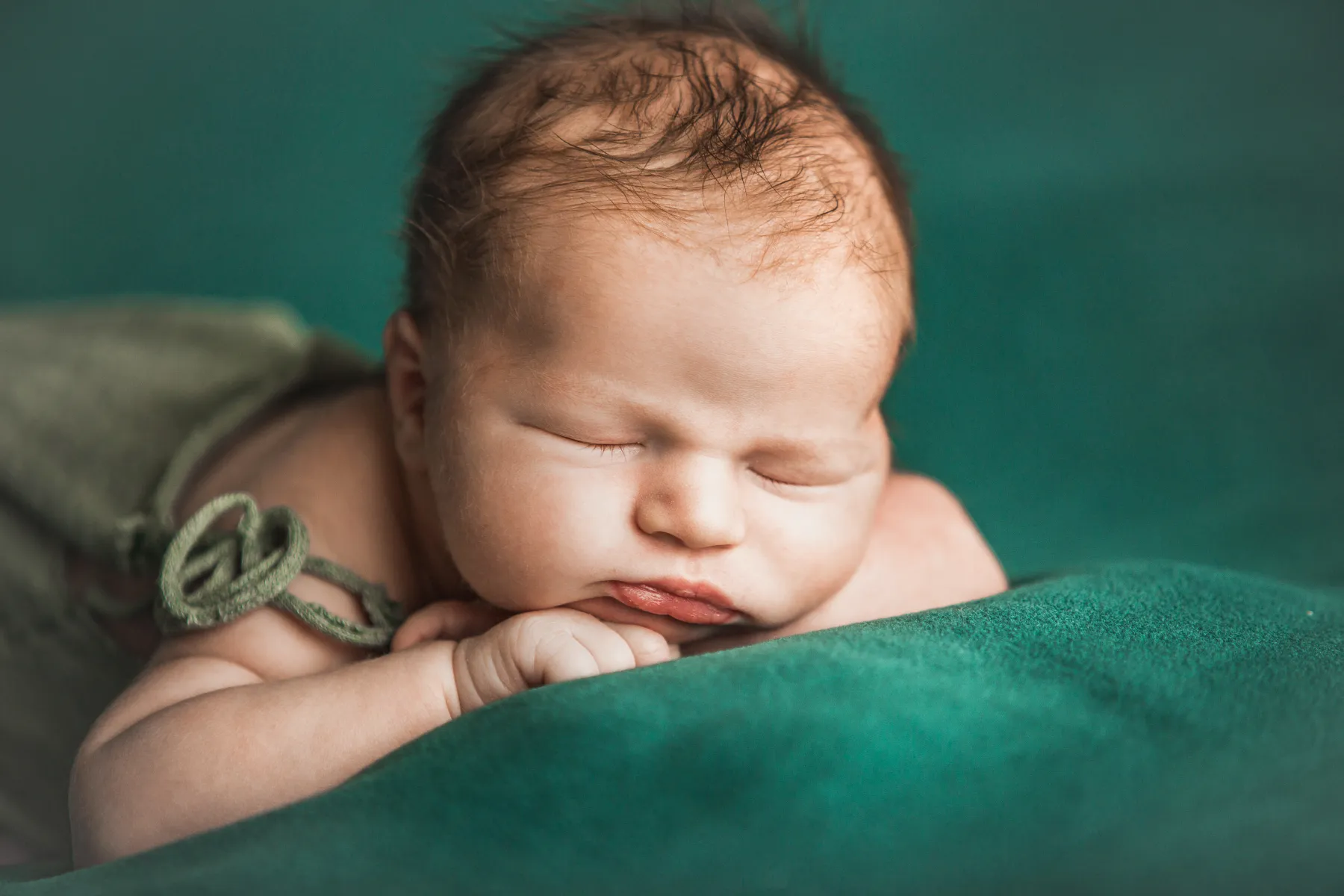 Julia, France
Julia, France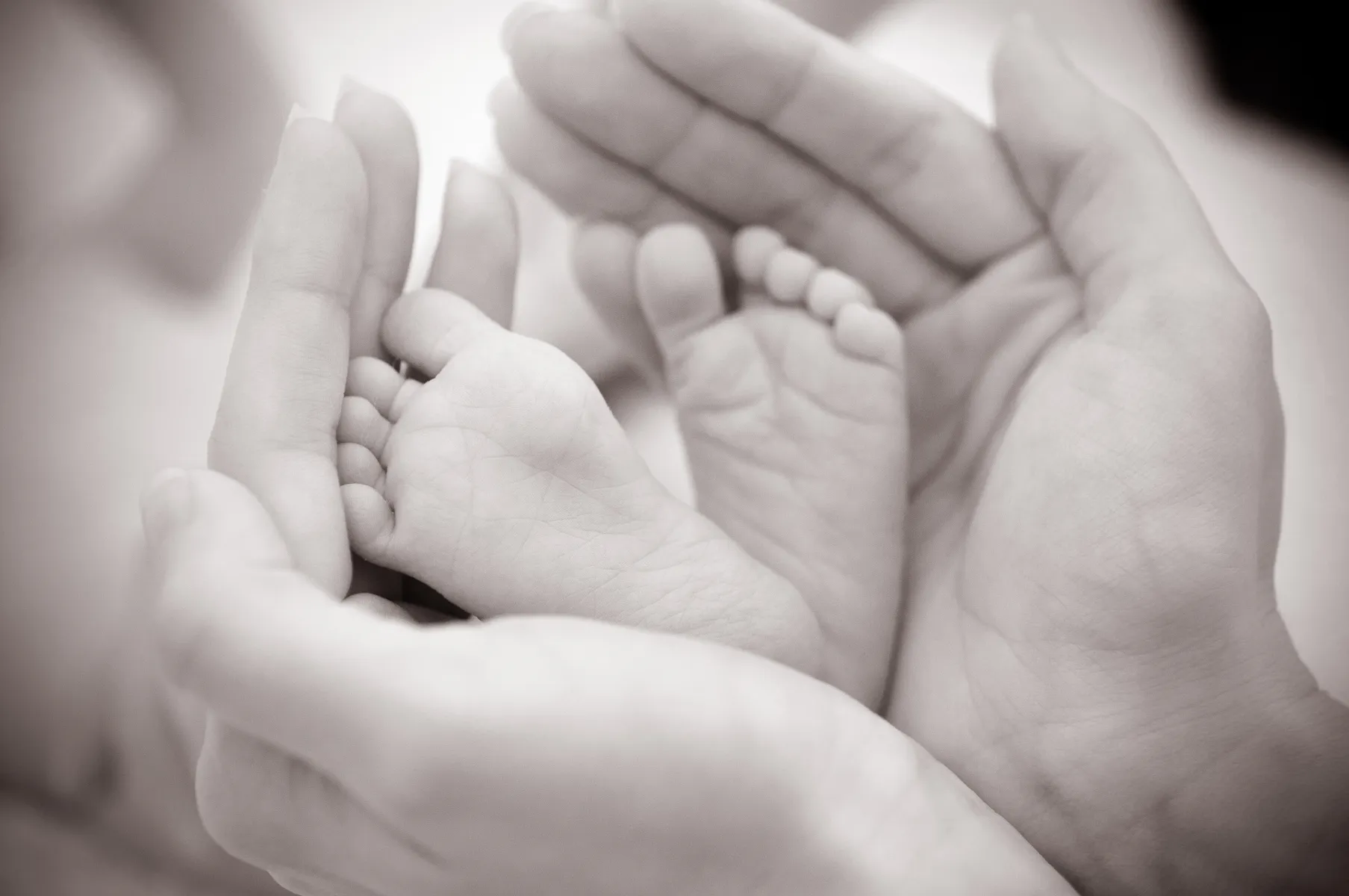 Julie, Australia
Julie, Australia Karen, France
Karen, France Karine, France
Karine, France Kat, UK
Kat, UK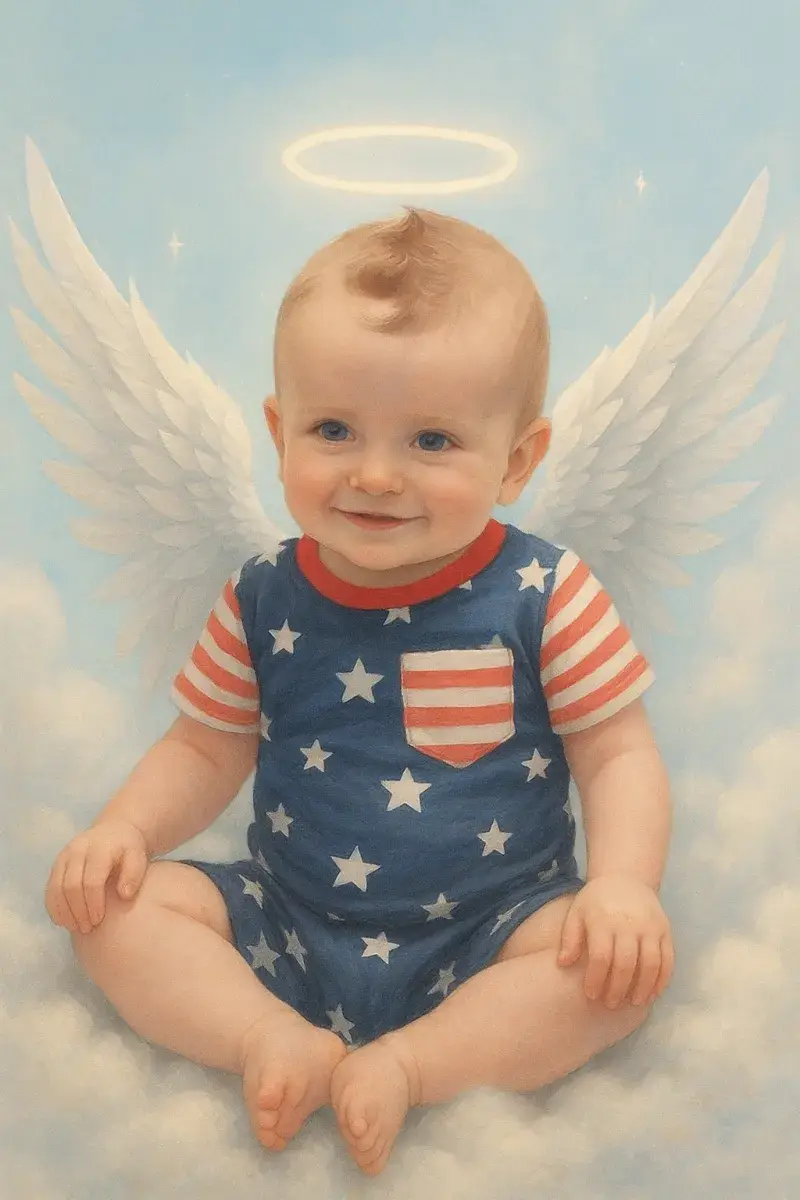 Kimberly, USA
Kimberly, USA Laeti, France
Laeti, France Laetitia, France
Laetitia, France Laura, UK
Laura, UK Laurine, France
Laurine, France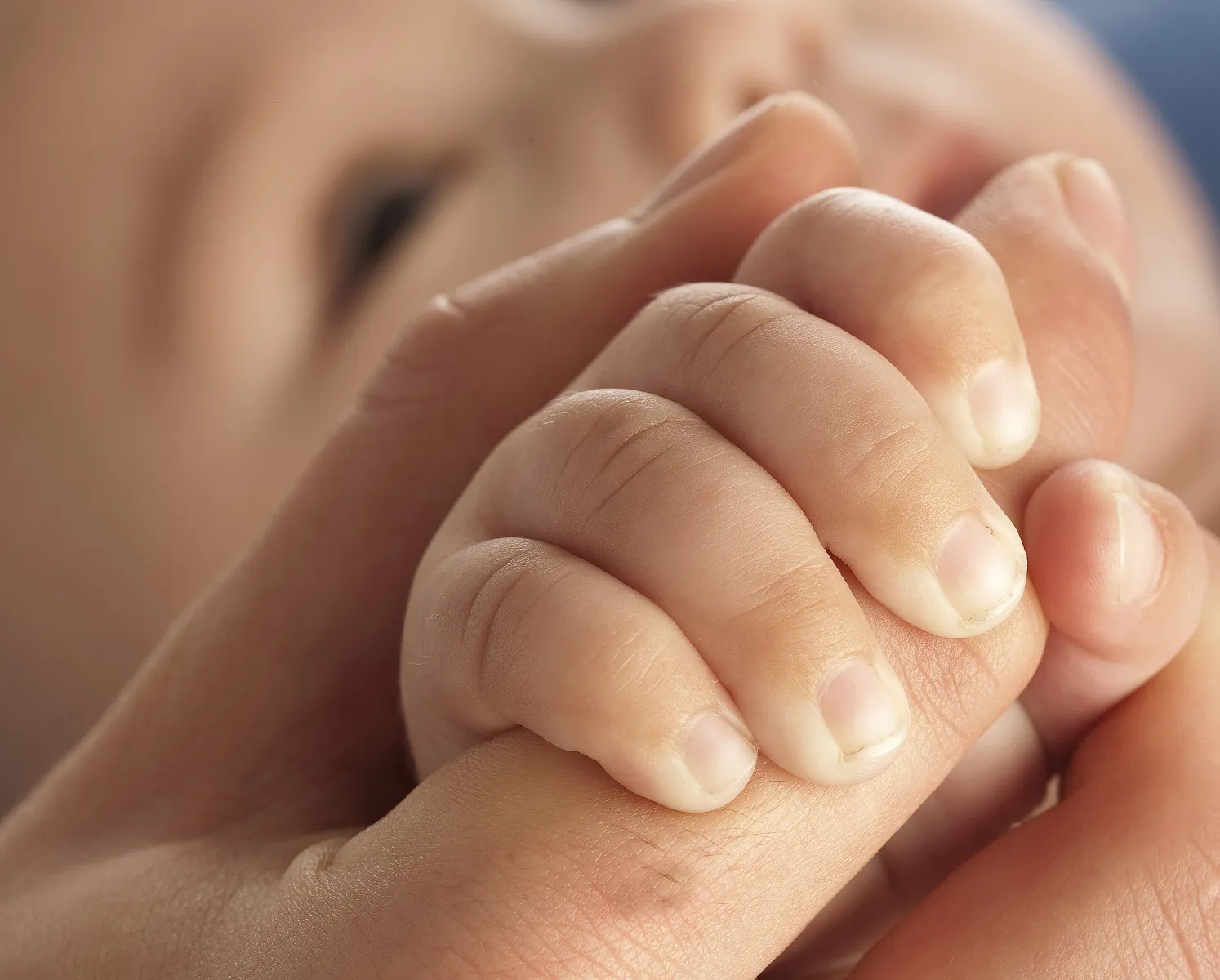 Leigh Crutch, USA
Leigh Crutch, USA Lily, France
Lily, France Lisambs, France
Lisambs, France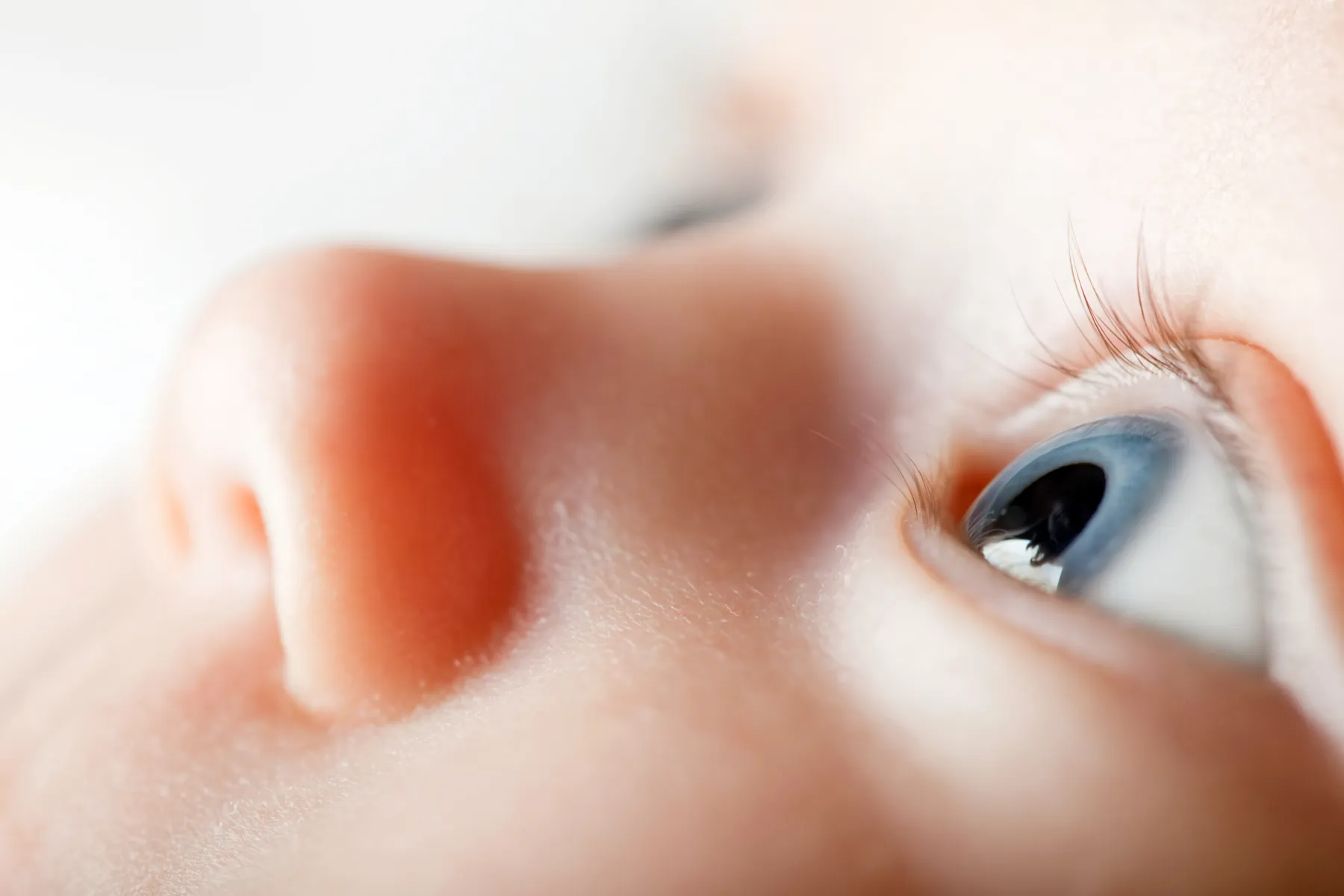 Lolo, France
Lolo, France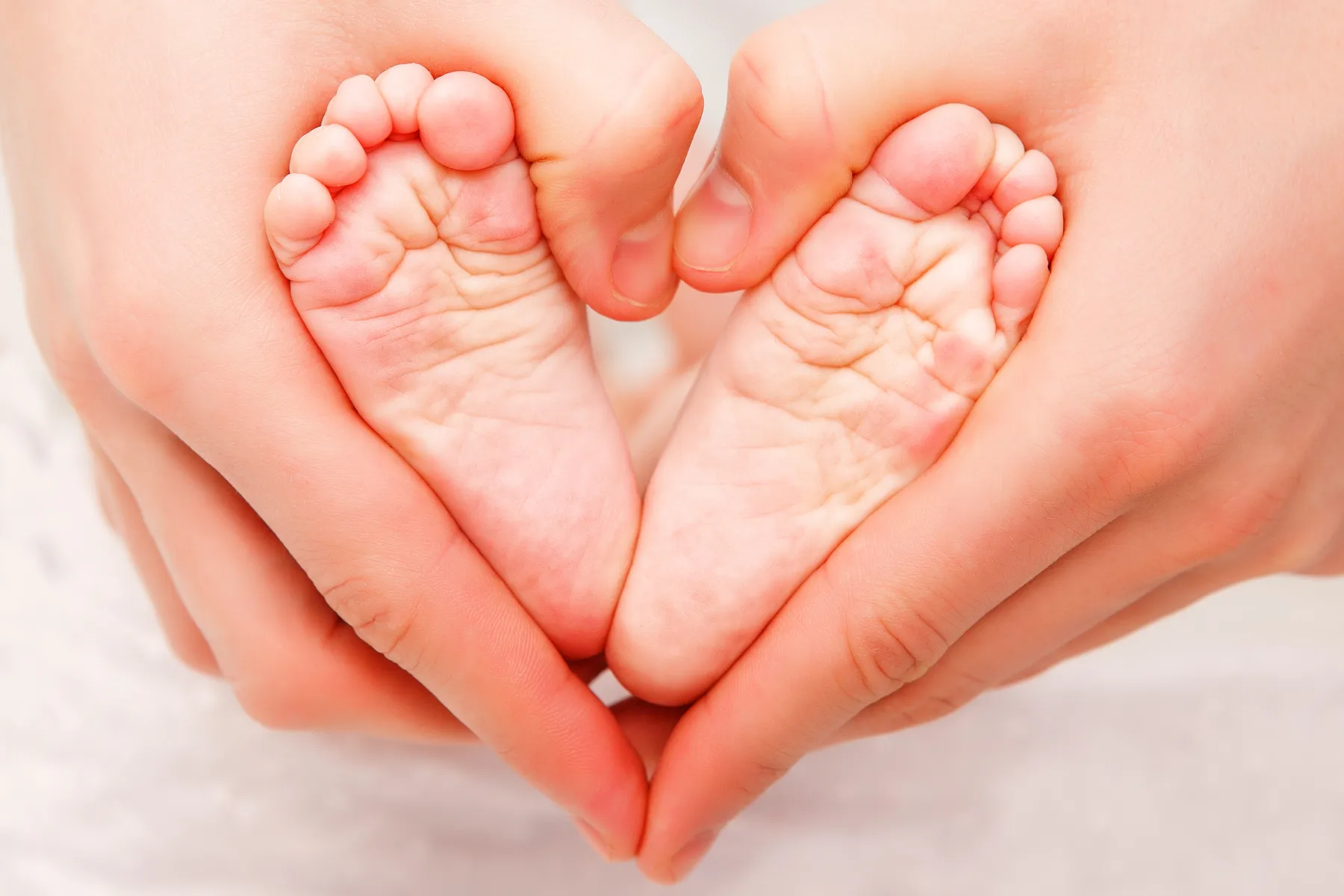 Louise, UK
Louise, UK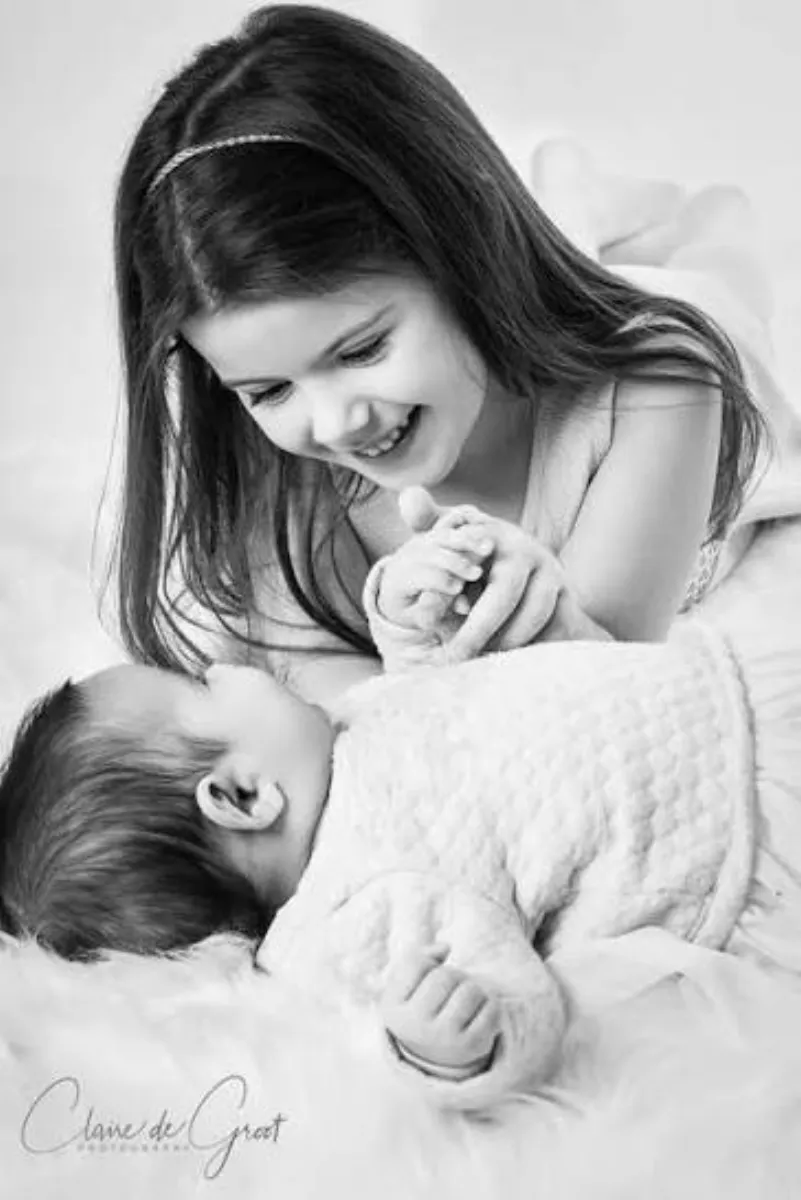 Lyana, France
Lyana, France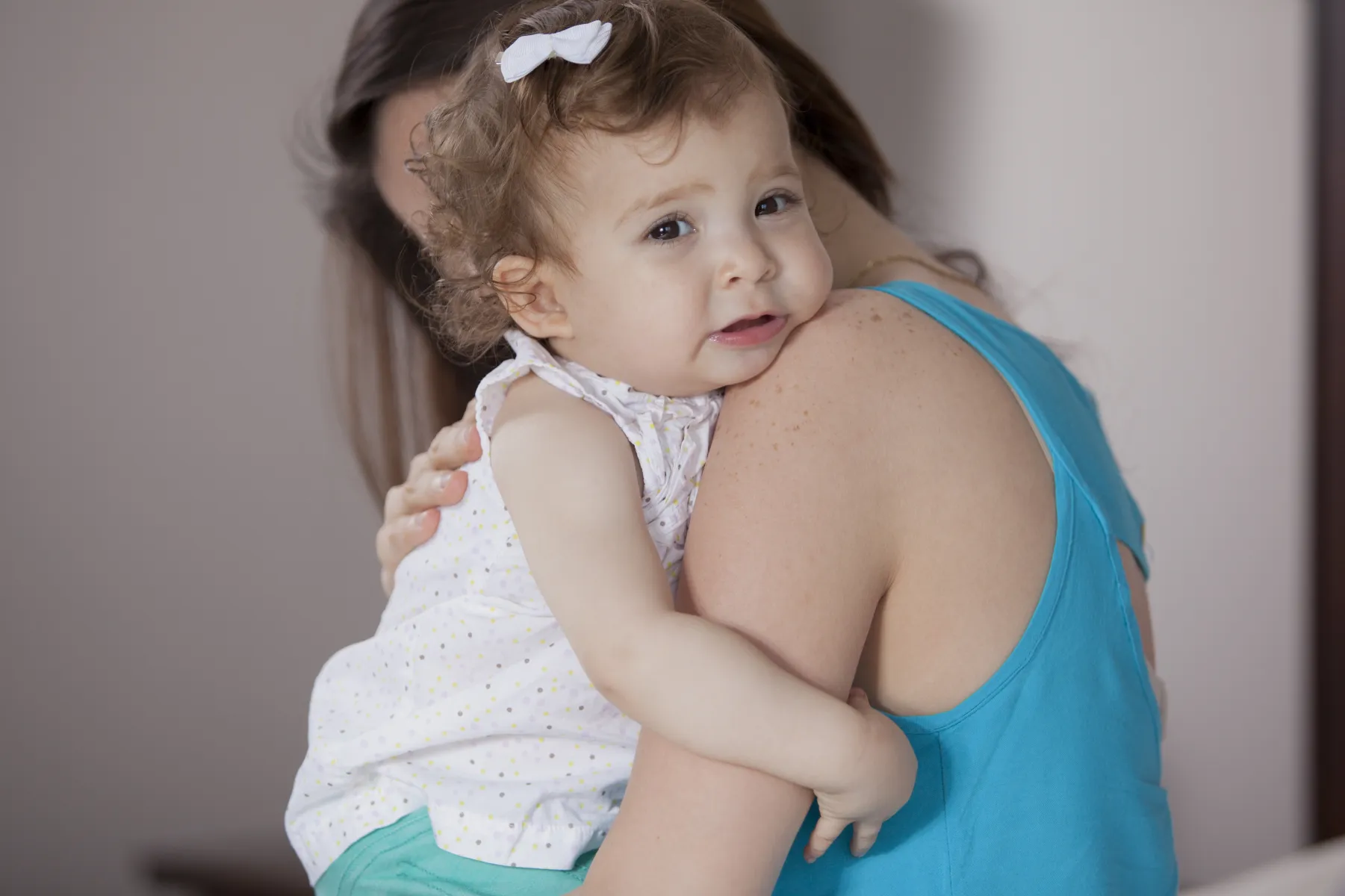 Maddie, USA
Maddie, USA Maë, France
Maë, France Maeva, France
Maeva, France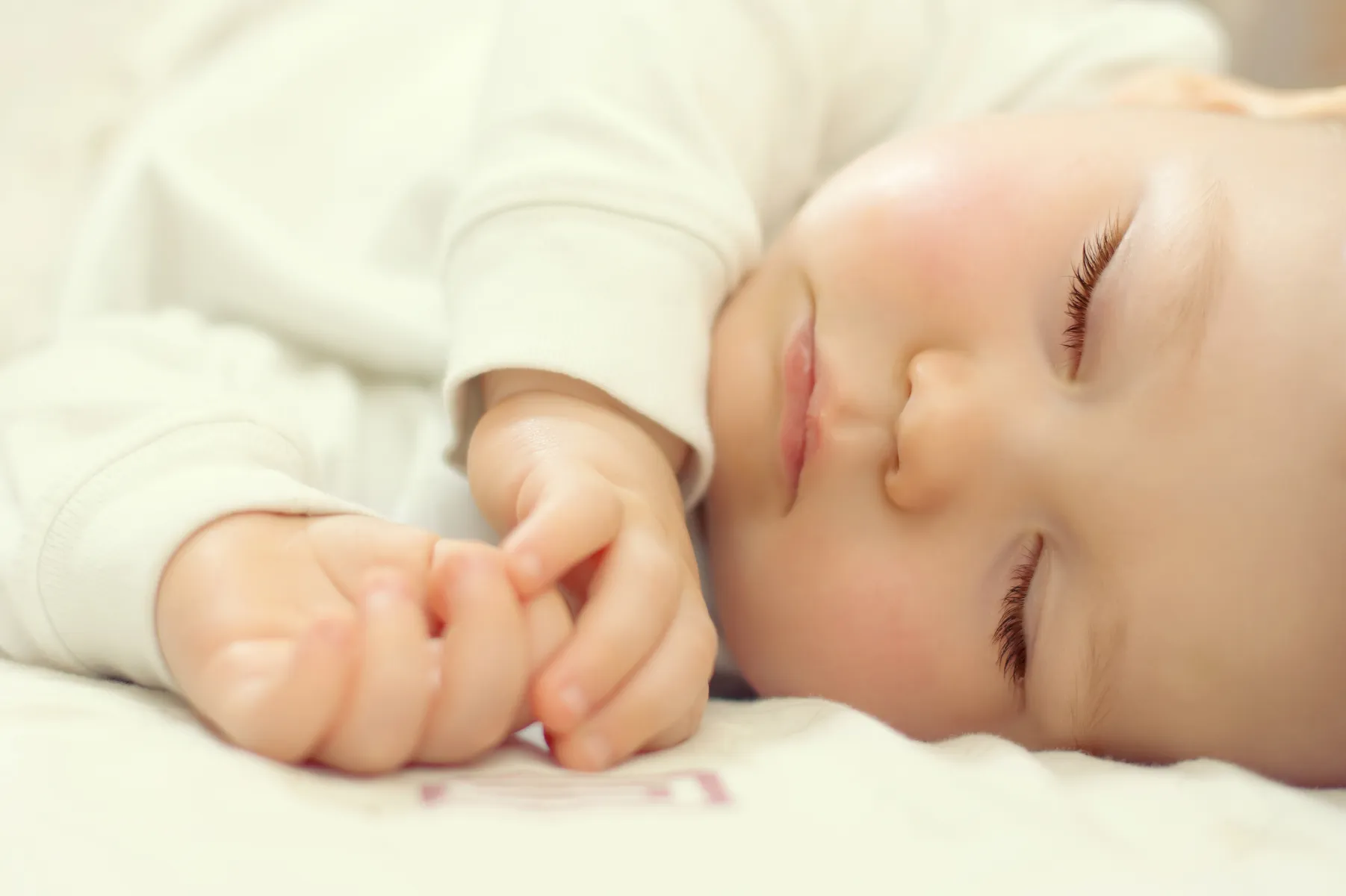 Manon, France
Manon, France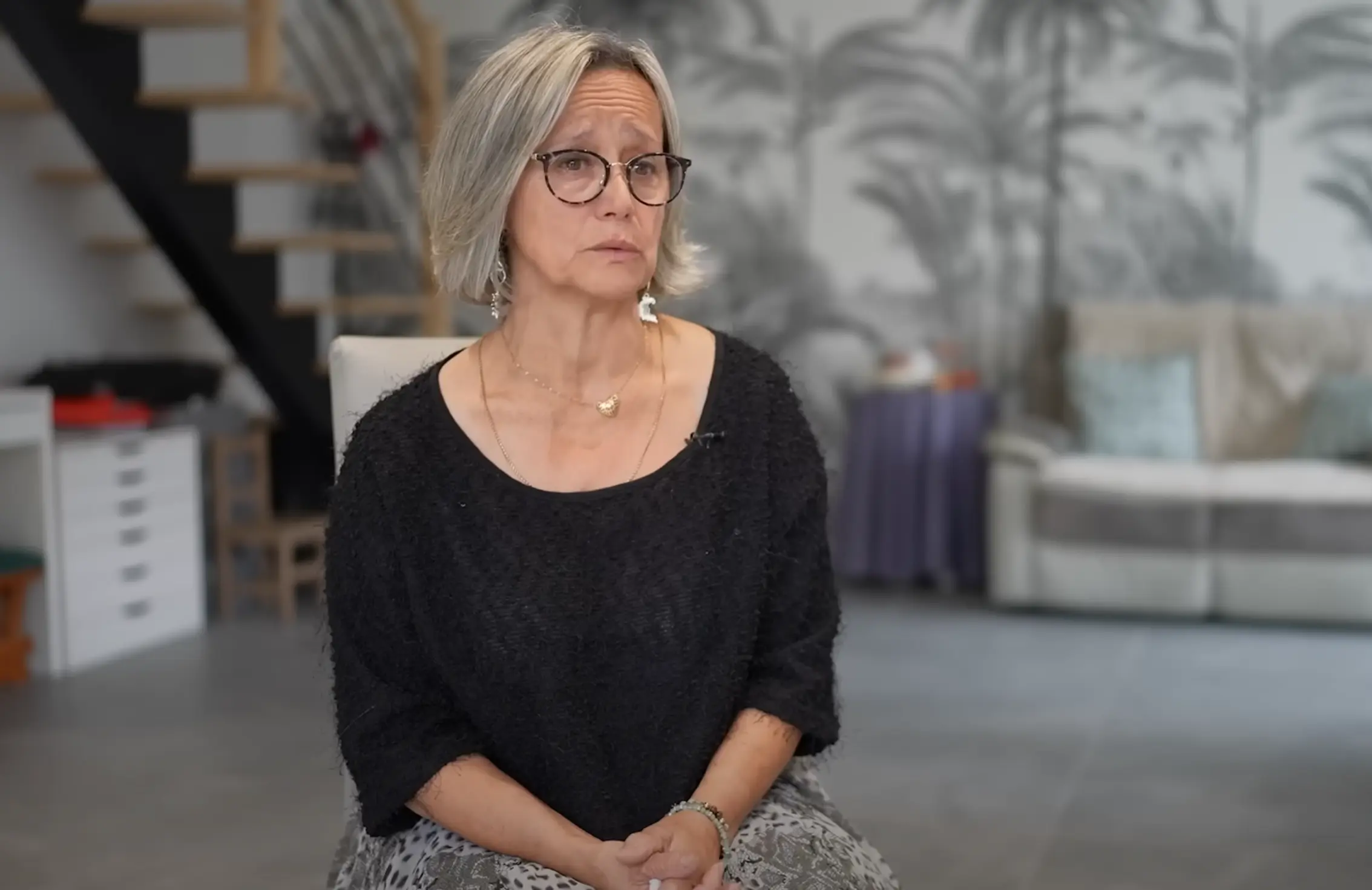 Maria, France
Maria, France Marie, France
Marie, France Marissa, USA
Marissa, USA Mark, UK
Mark, UK Mary, UK
Mary, UK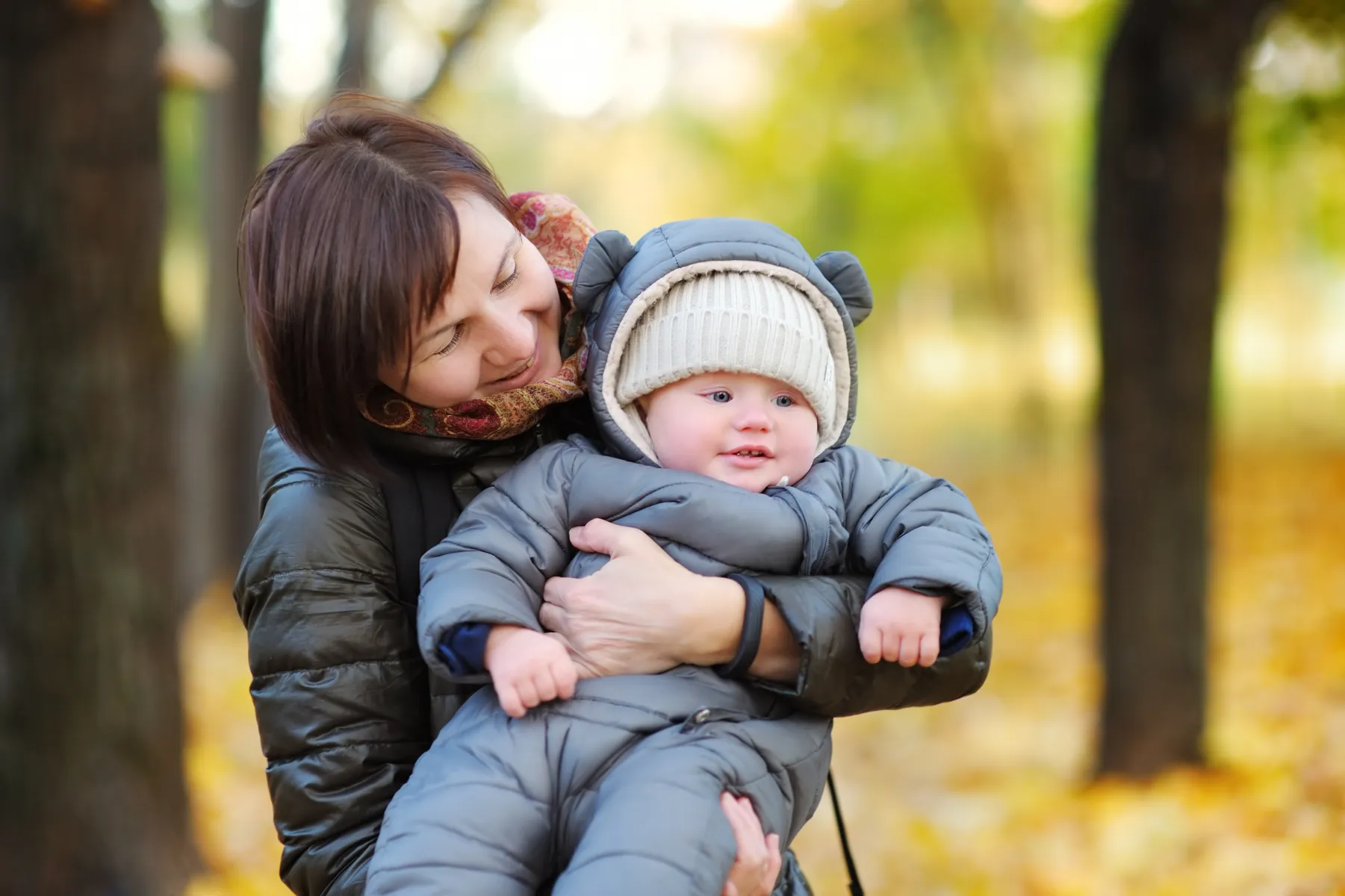 Melanie, Canada
Melanie, Canada Melissa, USA
Melissa, USA Mia, Finland
Mia, Finland Michelle, USA
Michelle, USA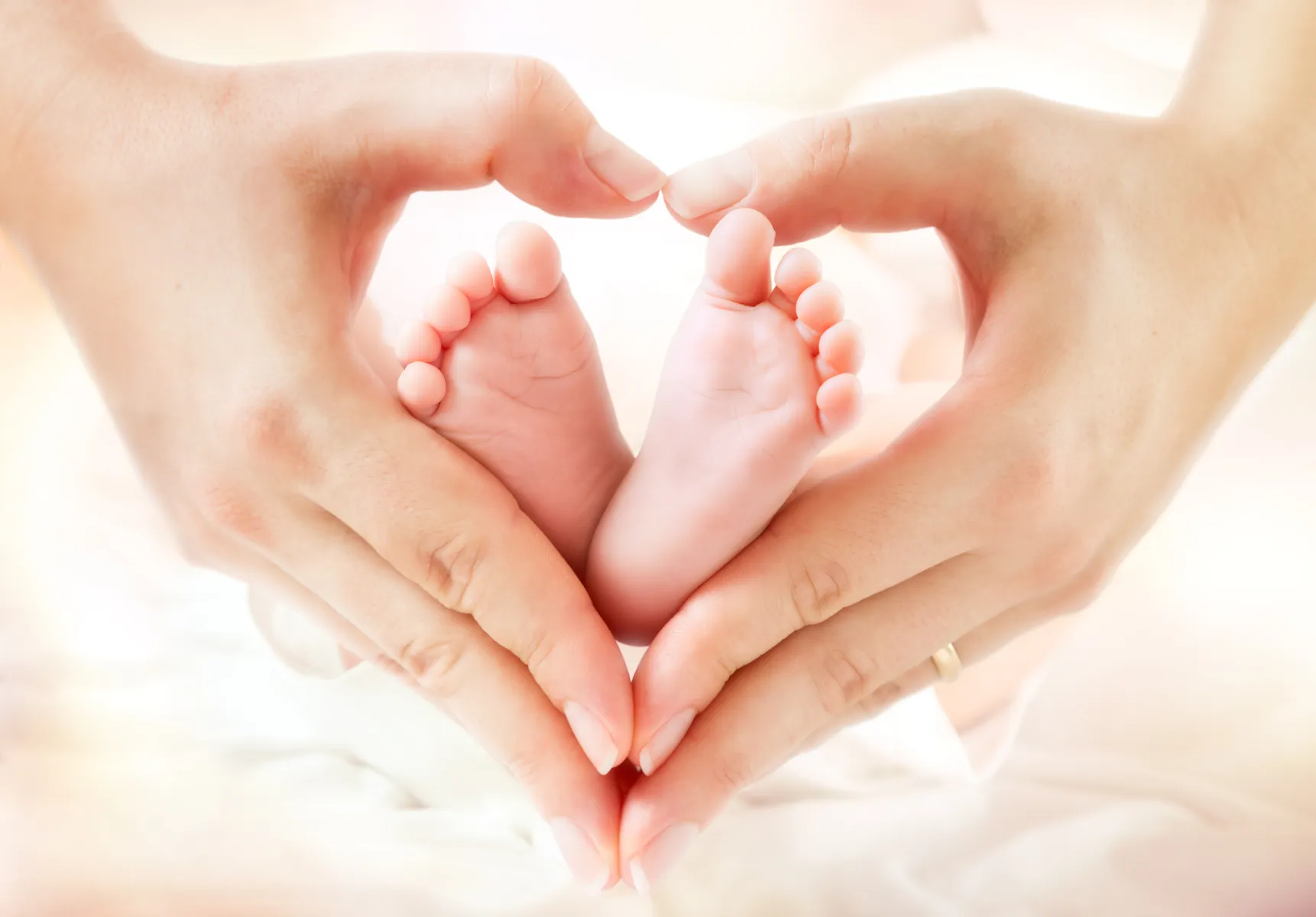 Mlmd, France
Mlmd, France Nancy, Canada
Nancy, Canada Nathalie, France
Nathalie, France Nini, France
Nini, France Nini, France
Nini, France Orionea, France
Orionea, France Paris20, France
Paris20, France Paula, USA
Paula, USA Perle, France
Perle, France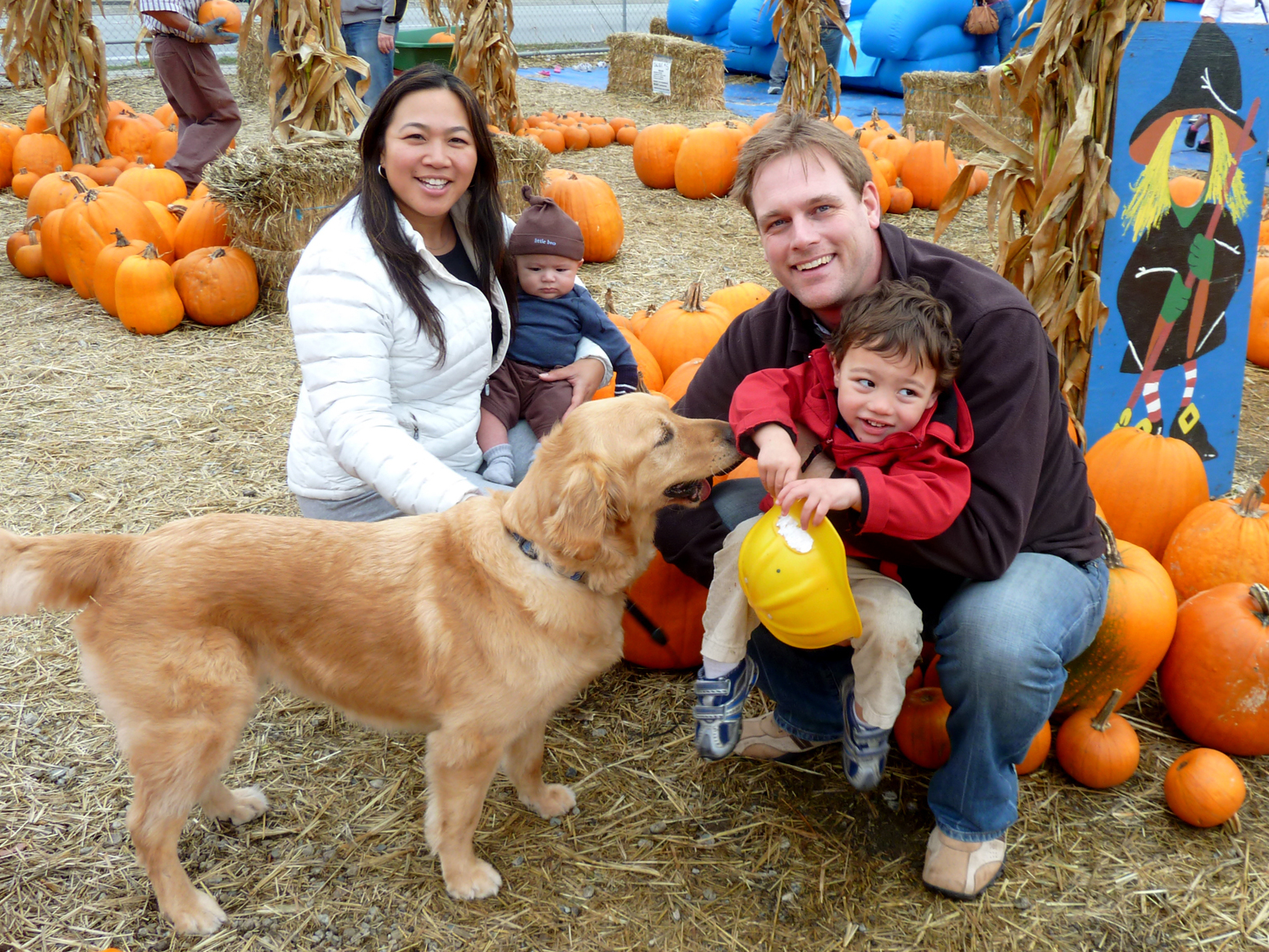 Peter, Sweden
Peter, Sweden Reginald, USA
Reginald, USA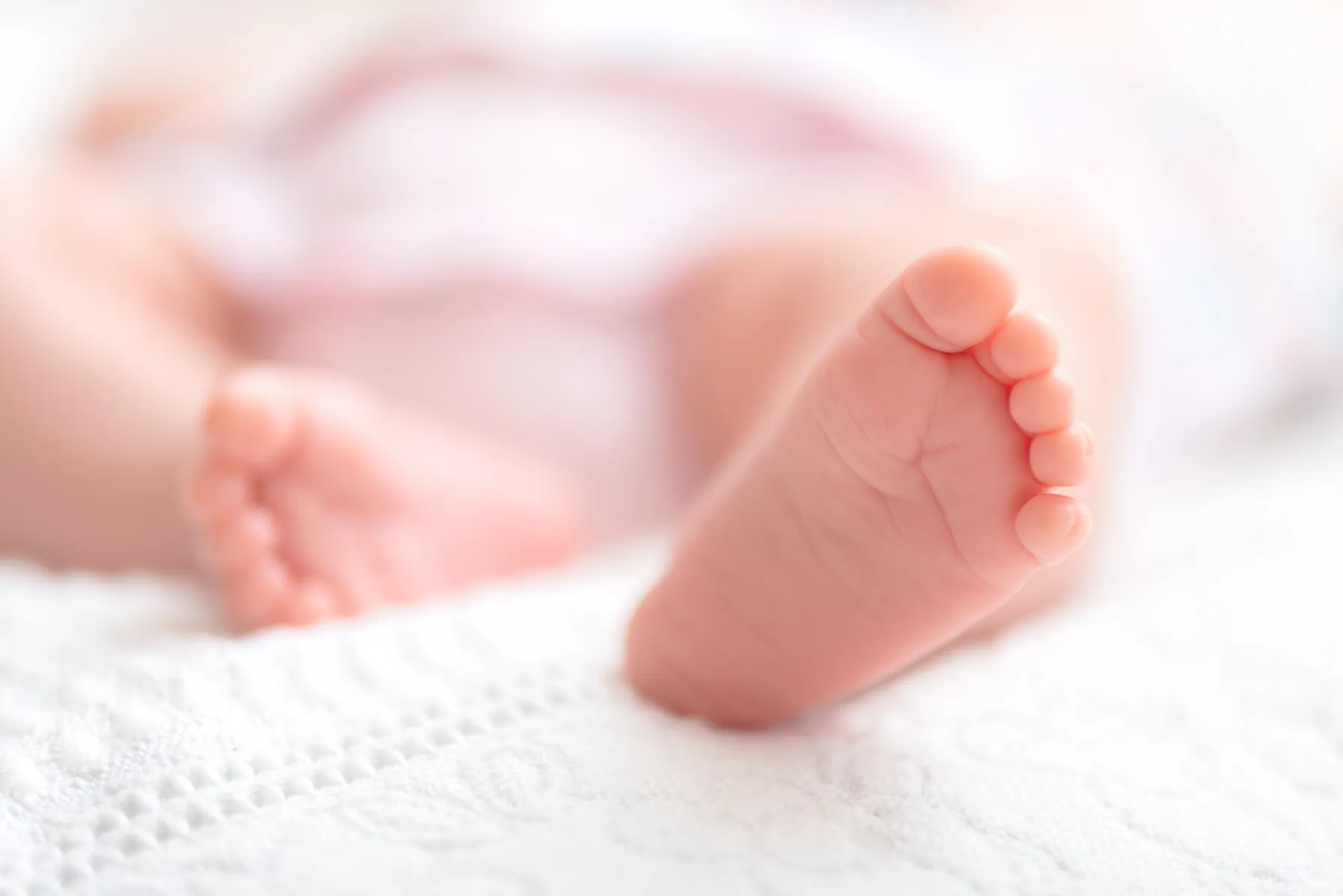 Roxanne, USA
Roxanne, USA Sally, Canada
Sally, Canada Sarah, USA
Sarah, USA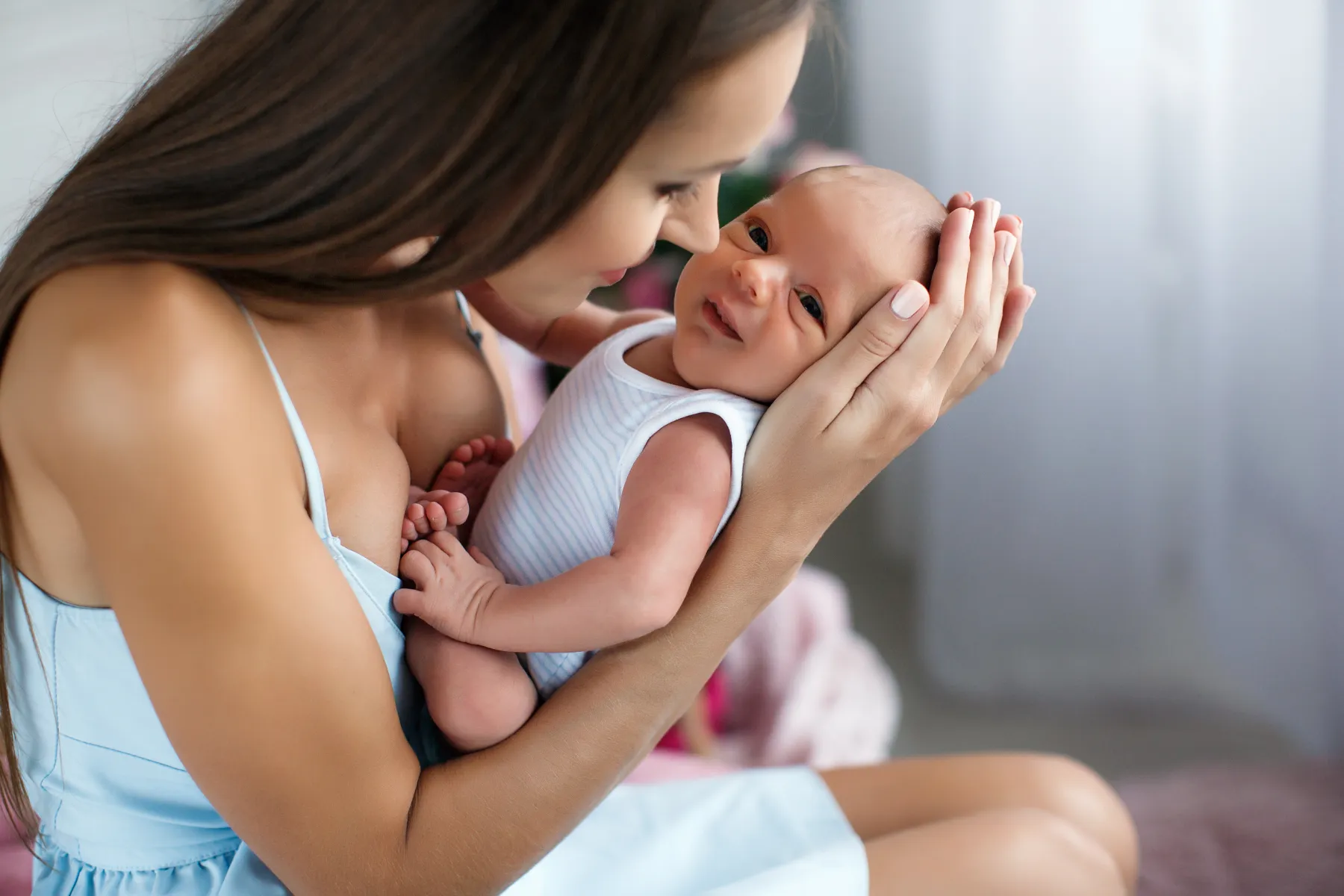 Sarah, France
Sarah, France Skye, UK
Skye, UK Sophie, France
Sophie, France Stephanie, USA
Stephanie, USA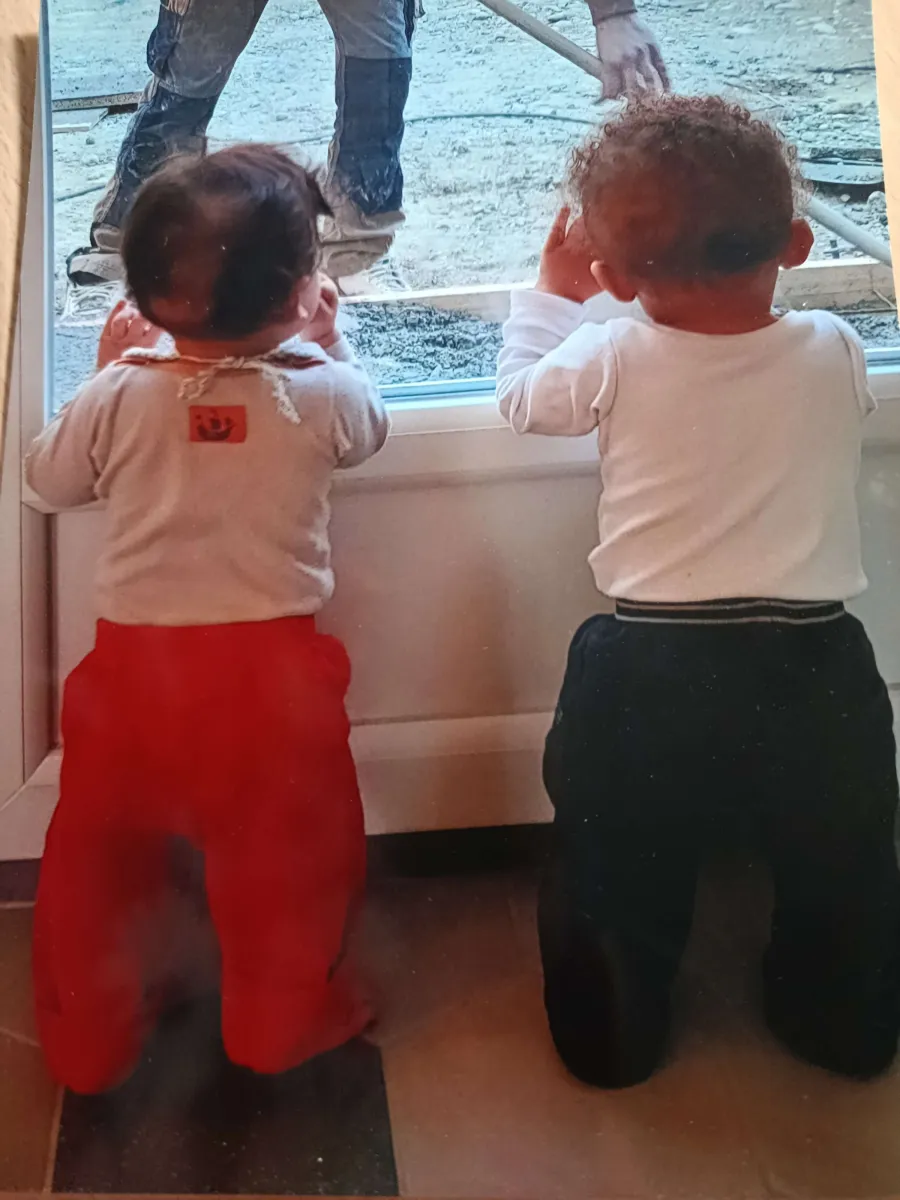 Sylvie, France
Sylvie, France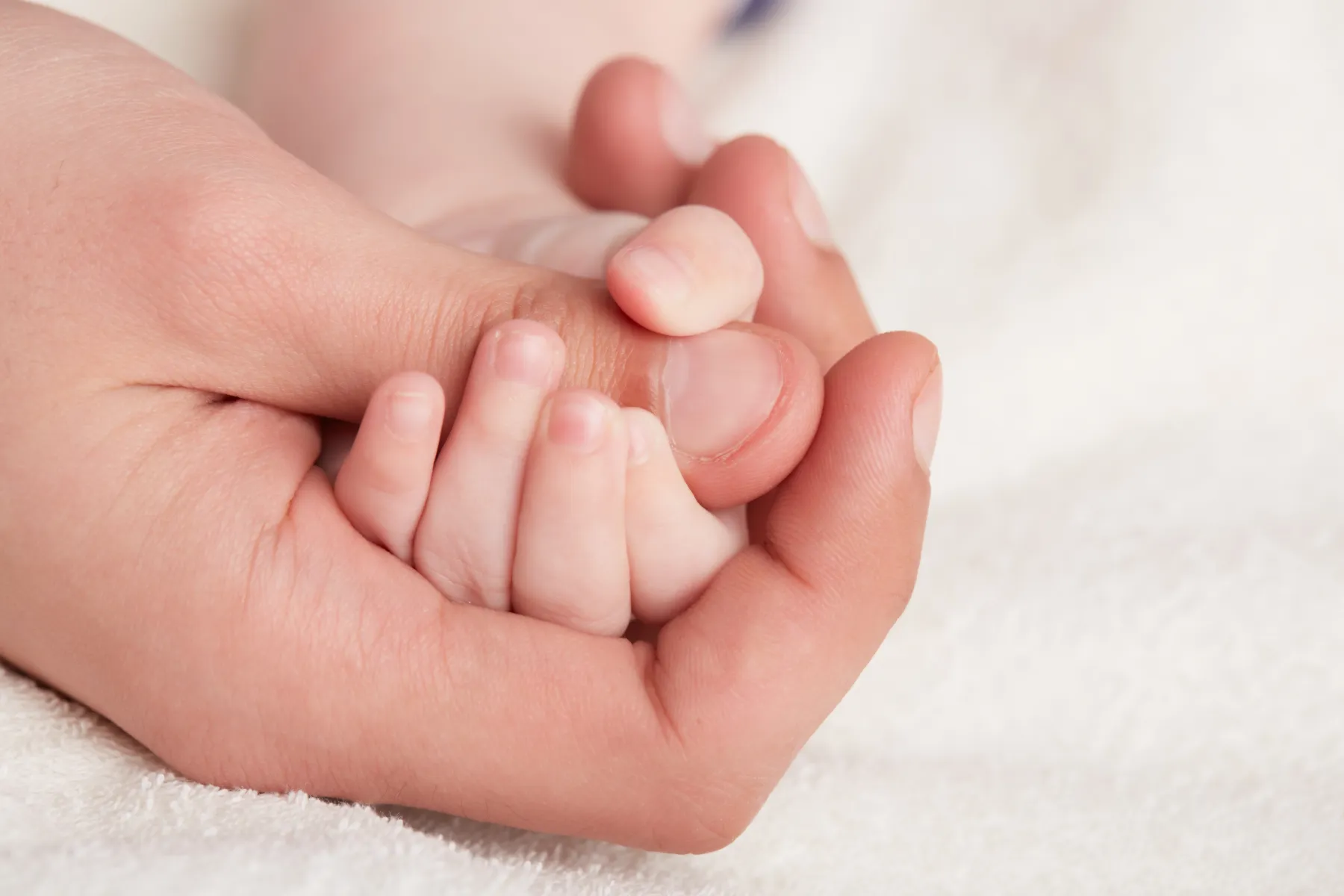 Valeria, France
Valeria, France Vanessa, France
Vanessa, France Vanessa, France
Vanessa, France Virginie, France
Virginie, France